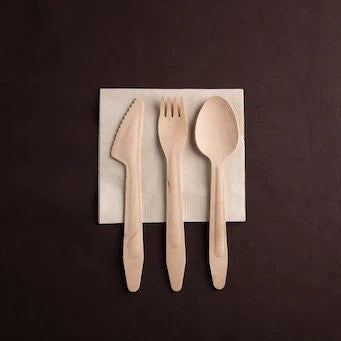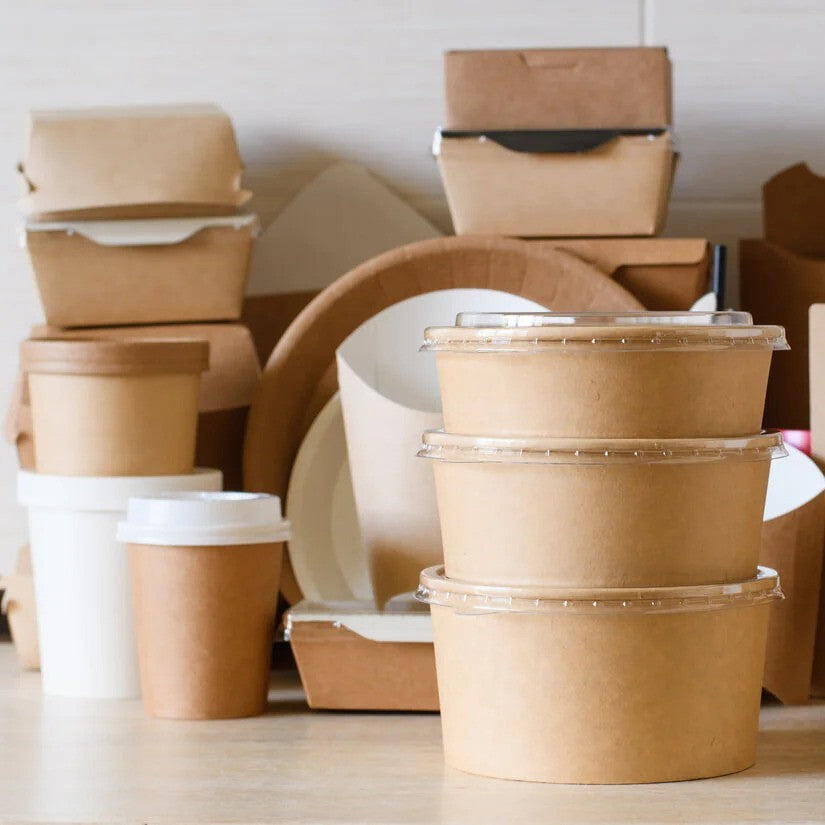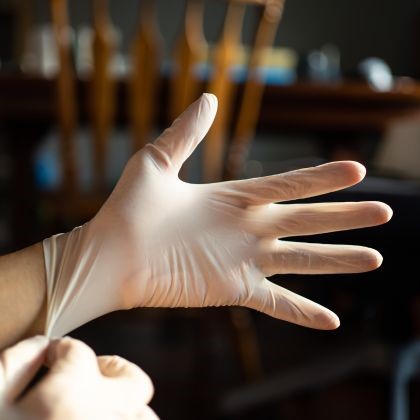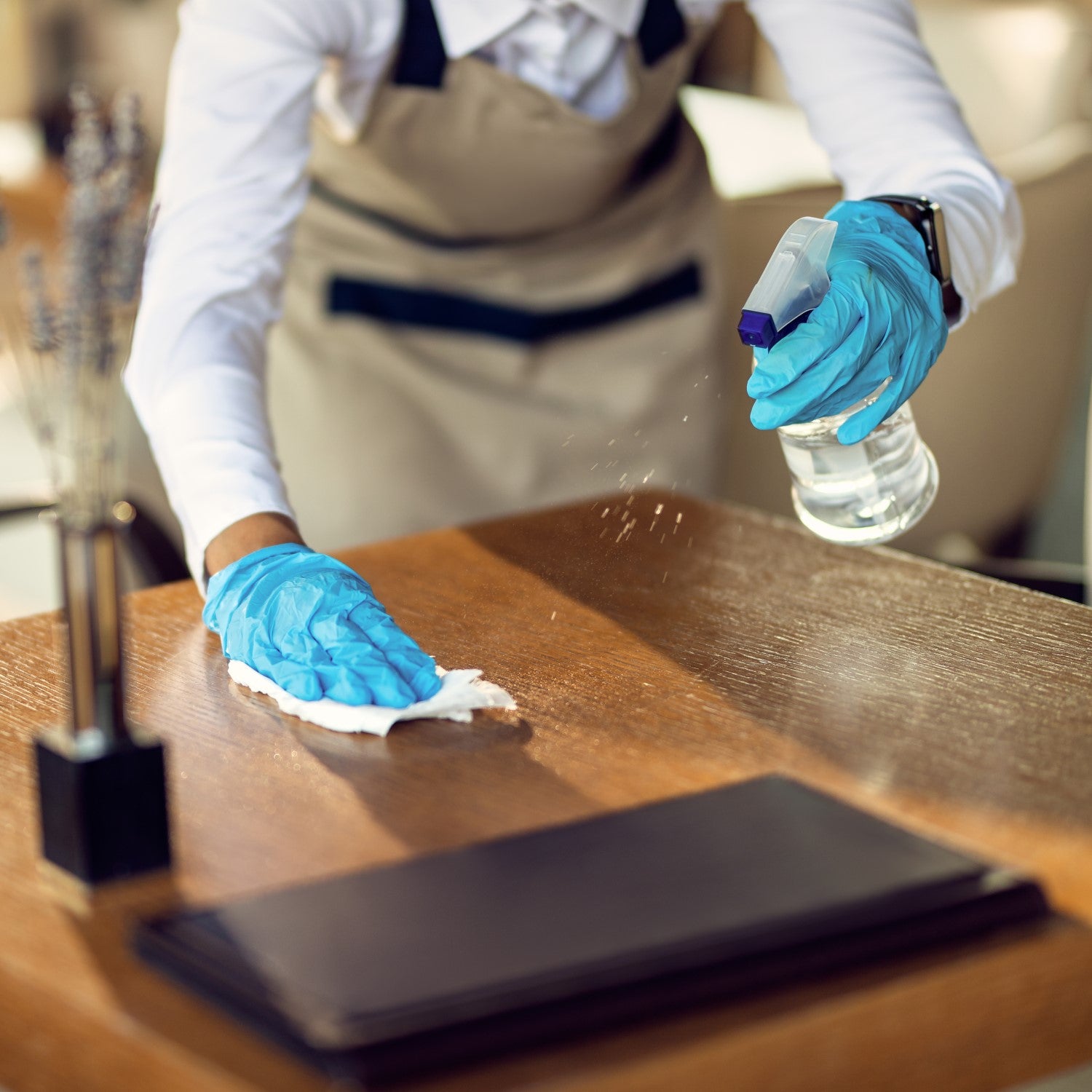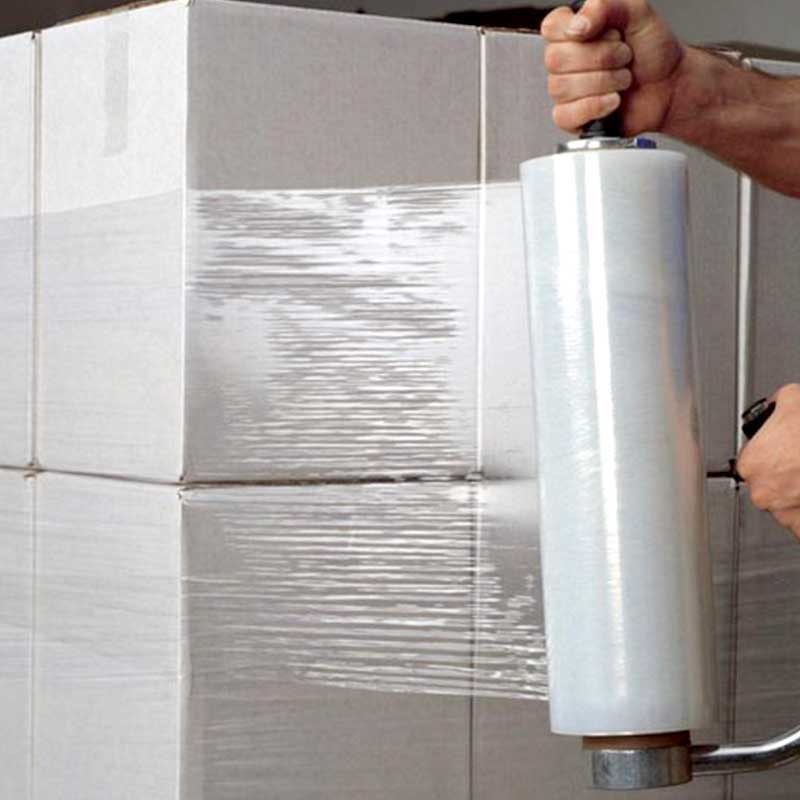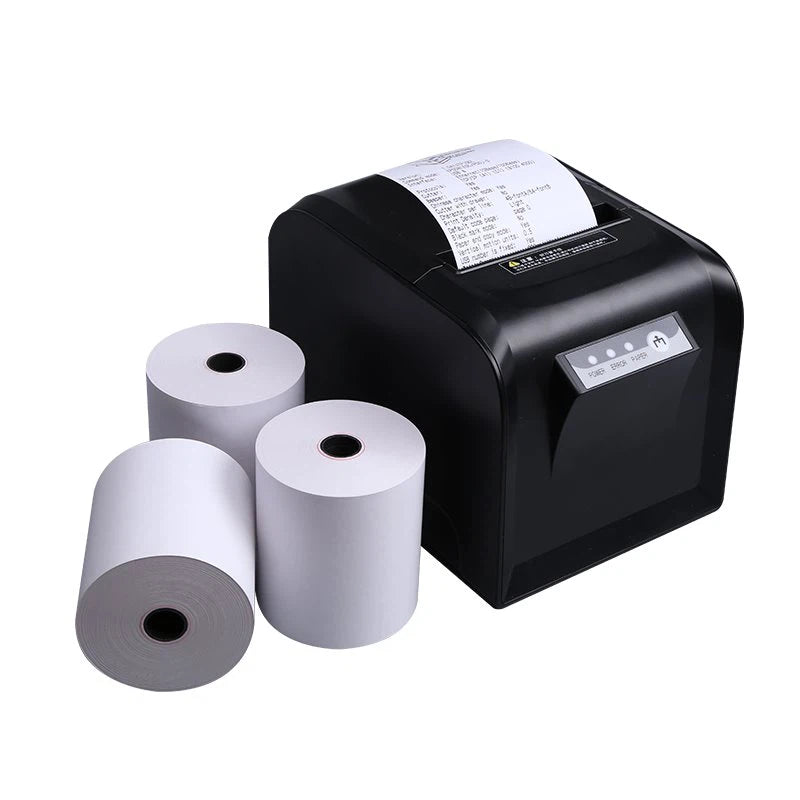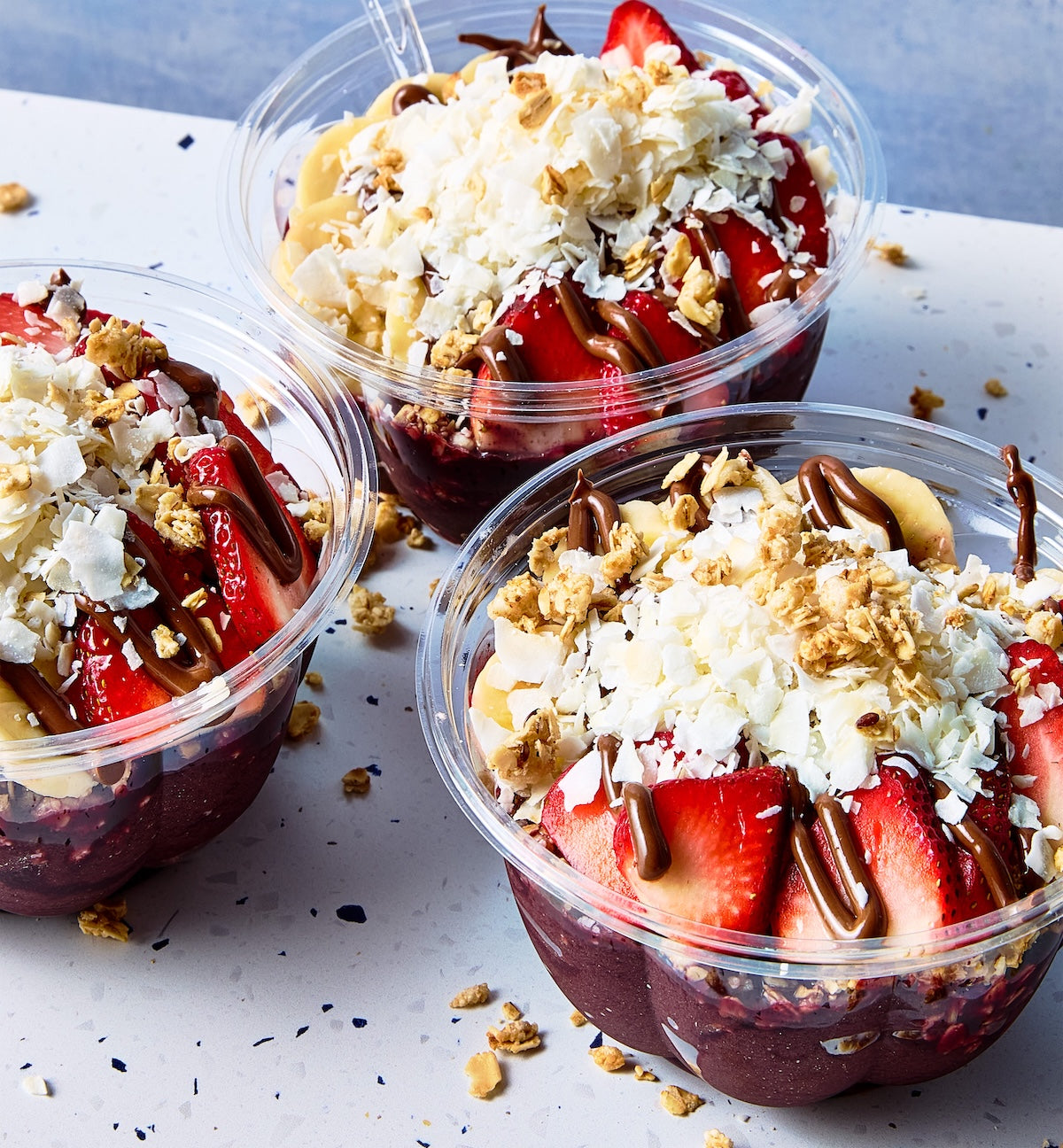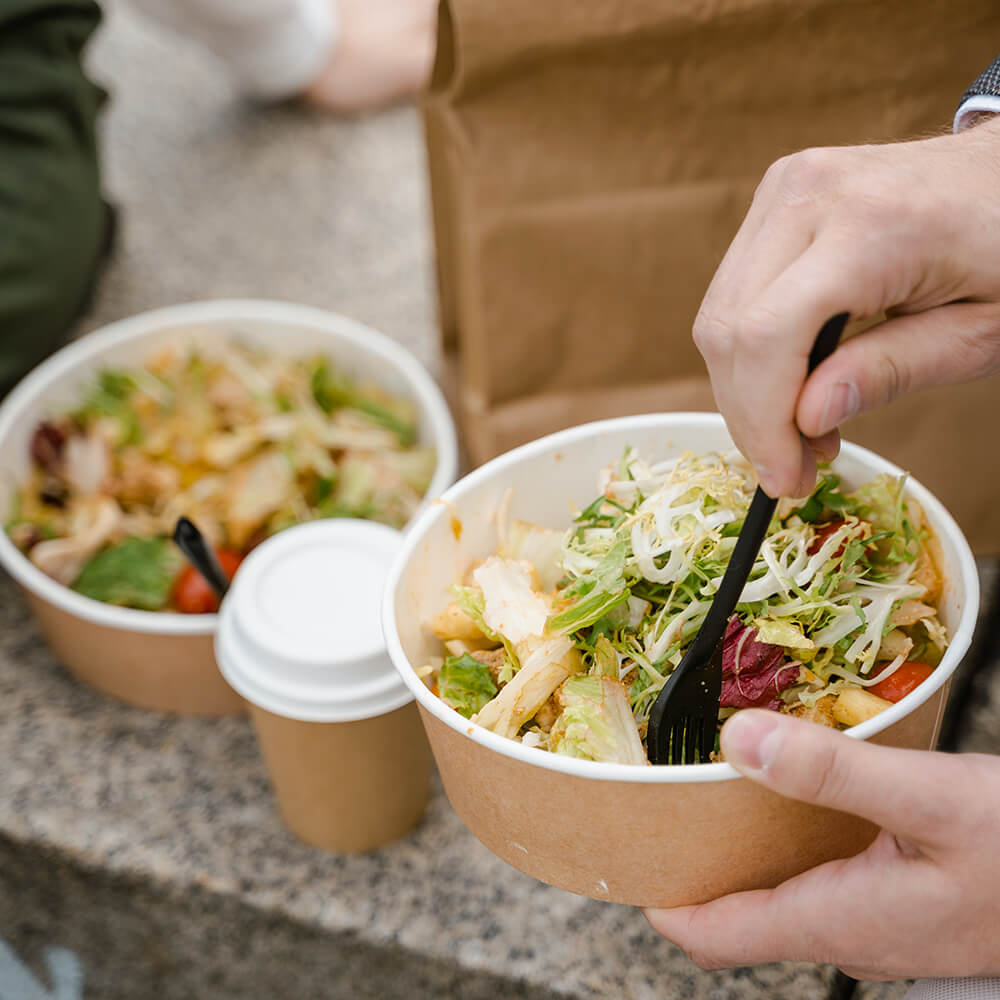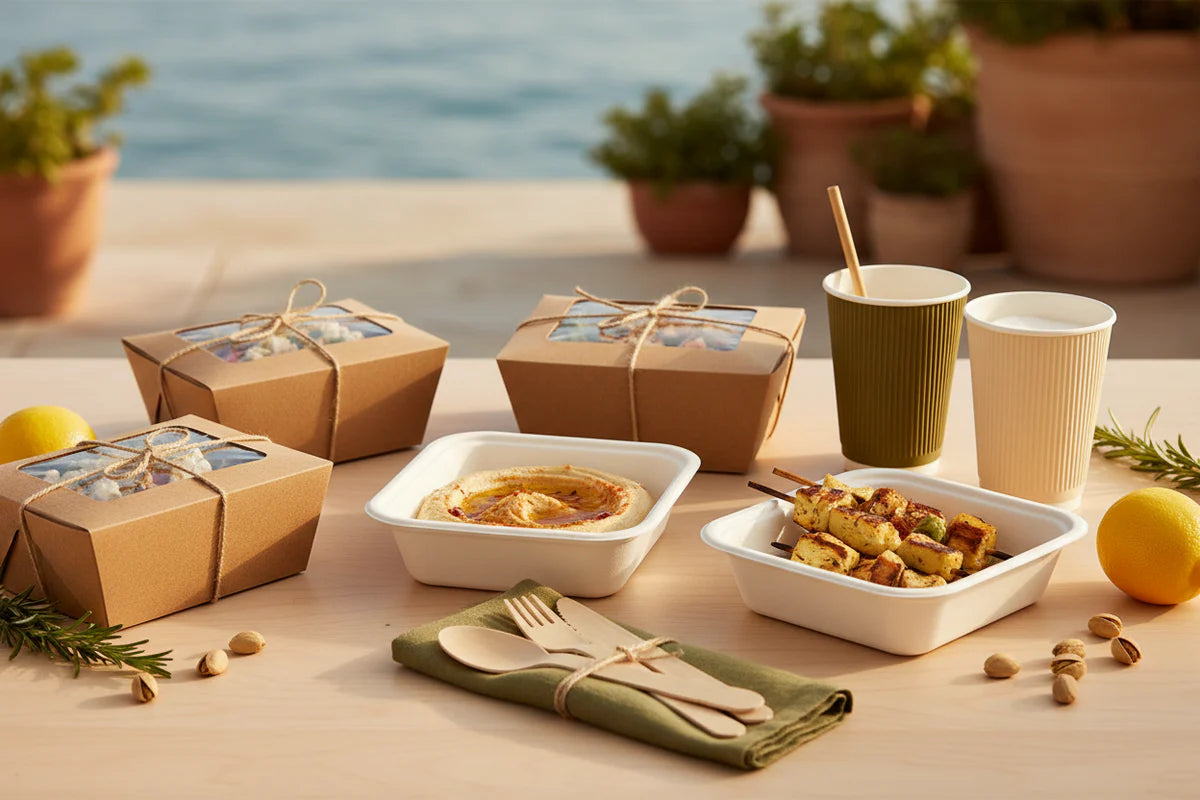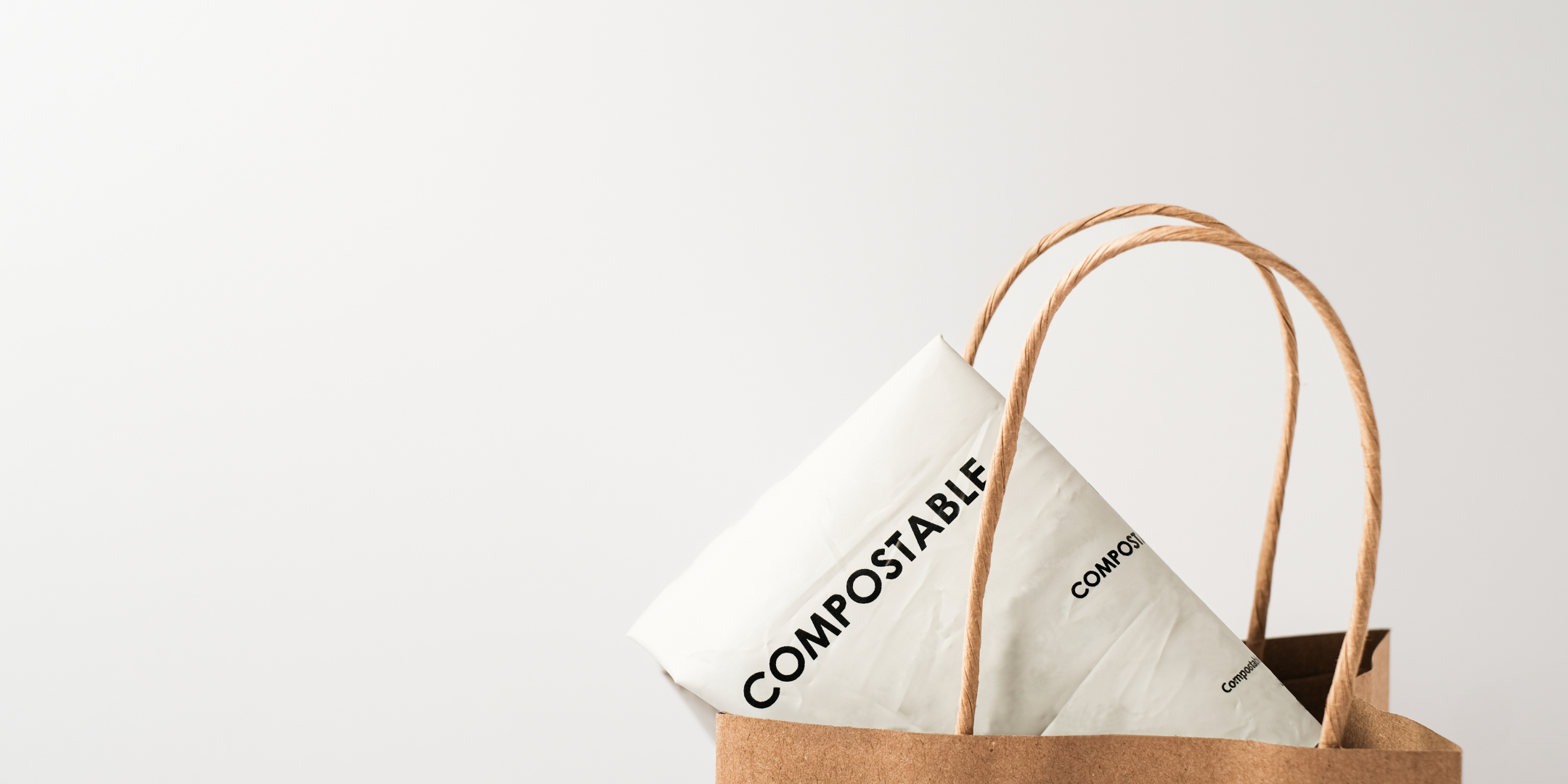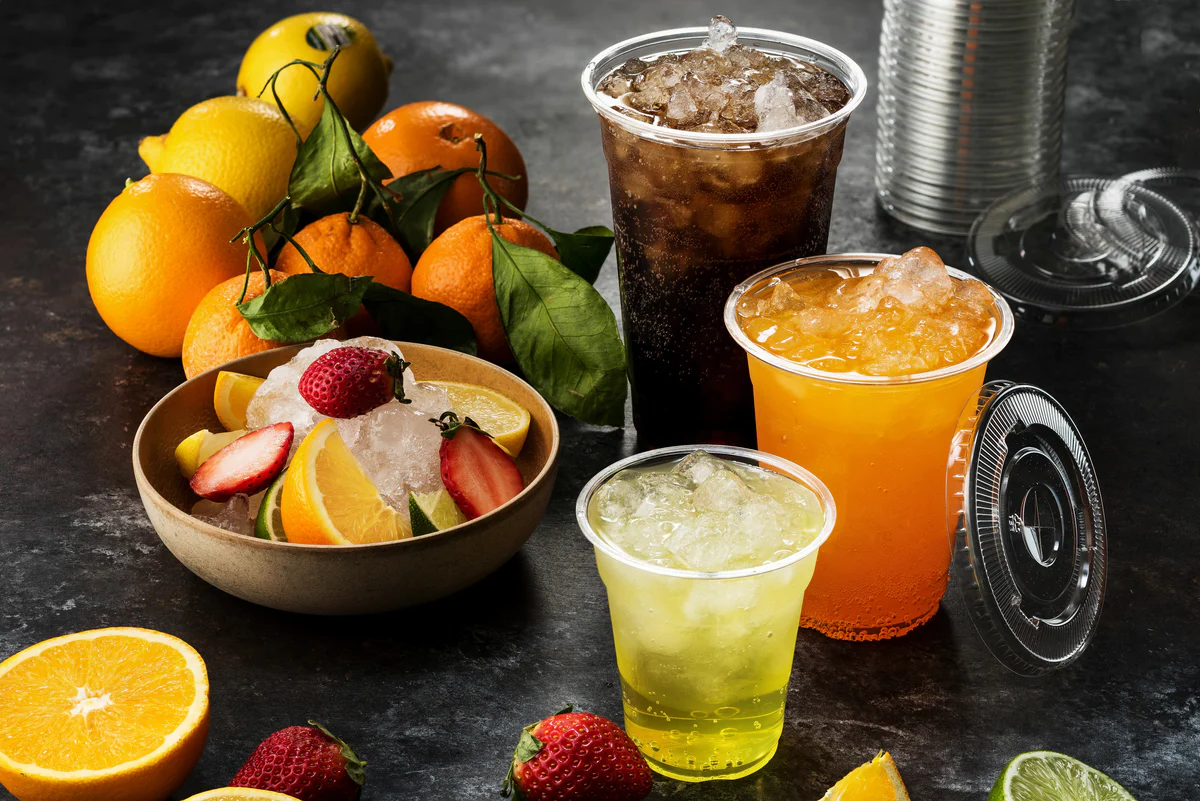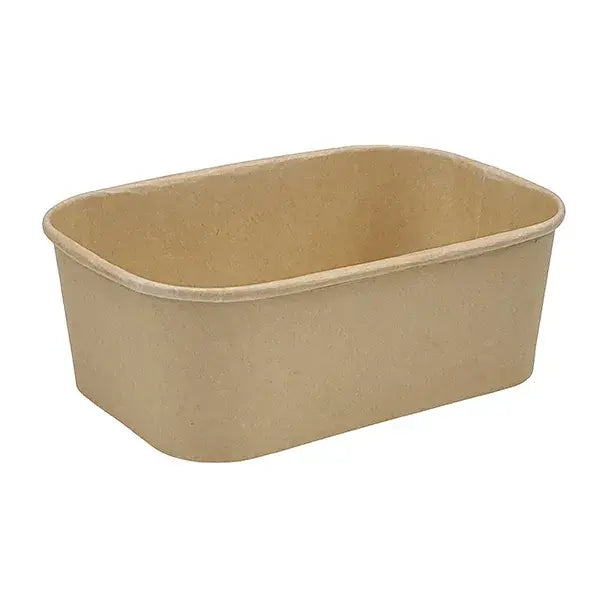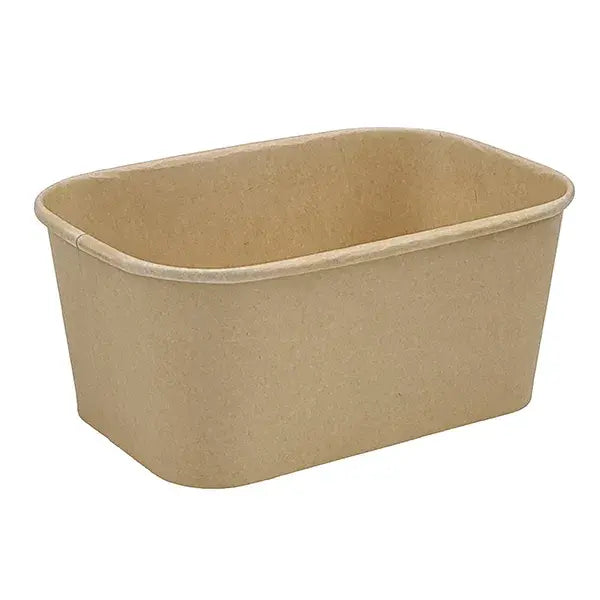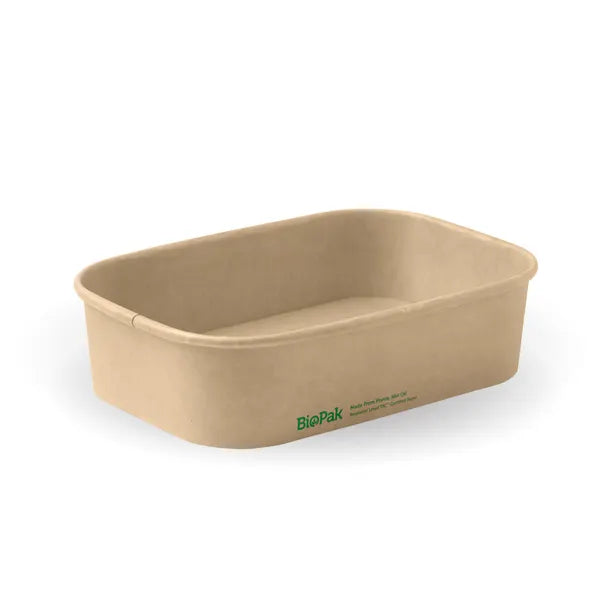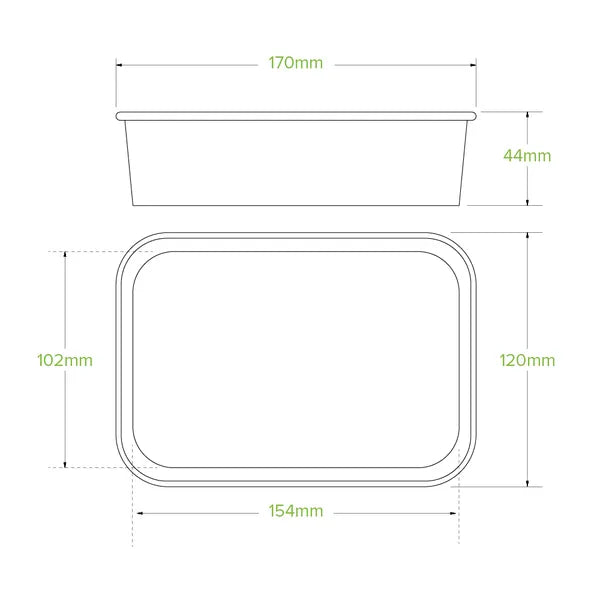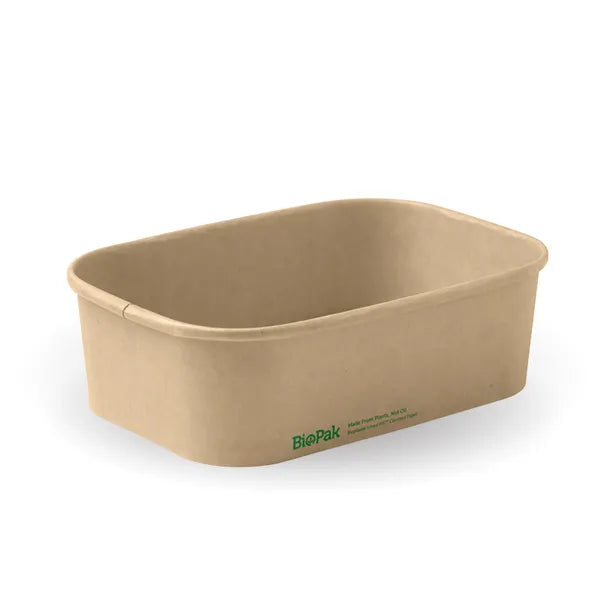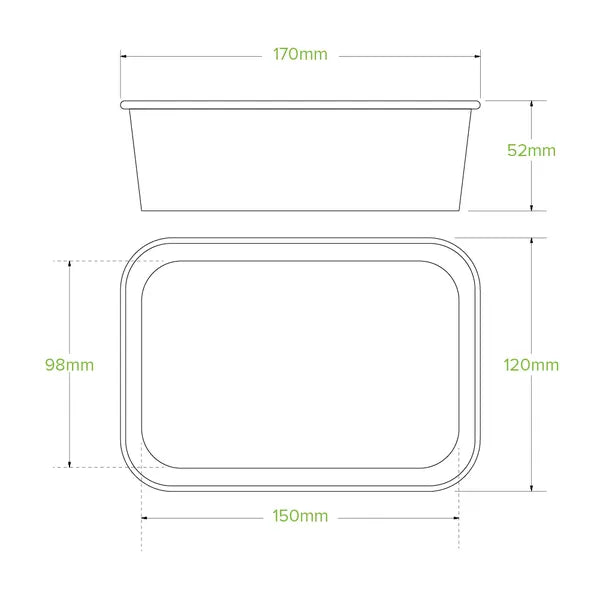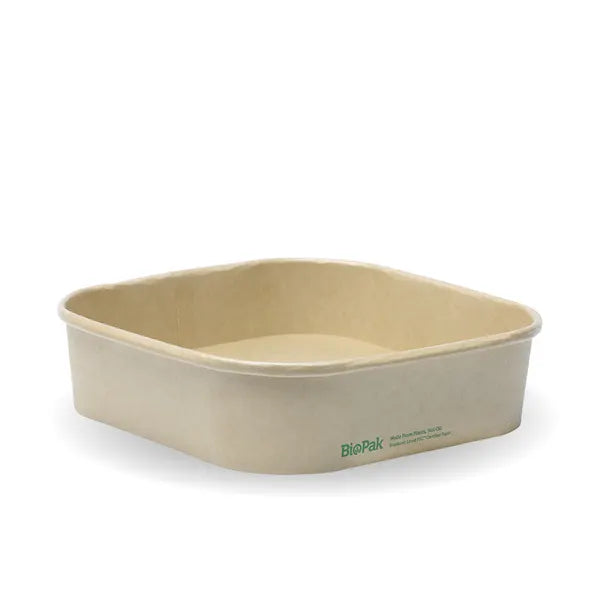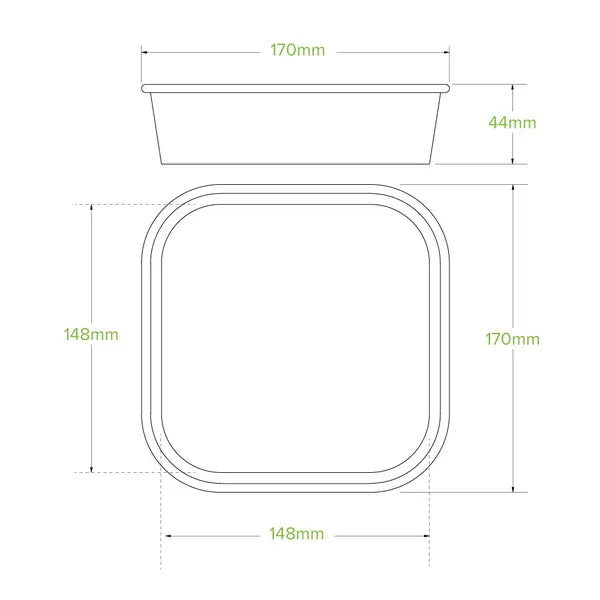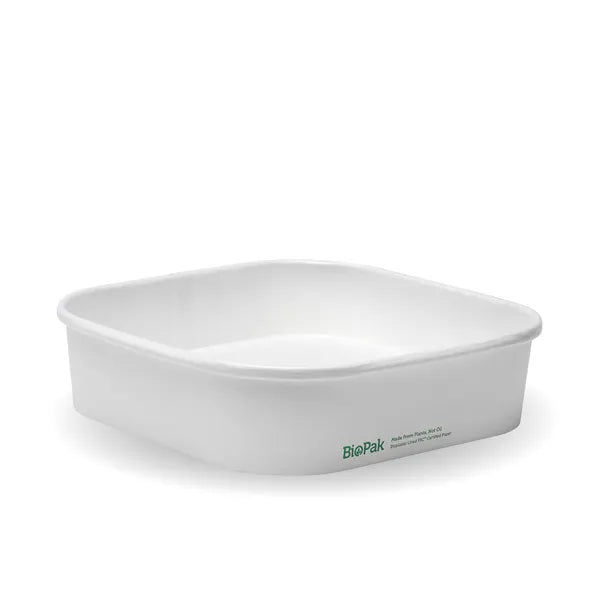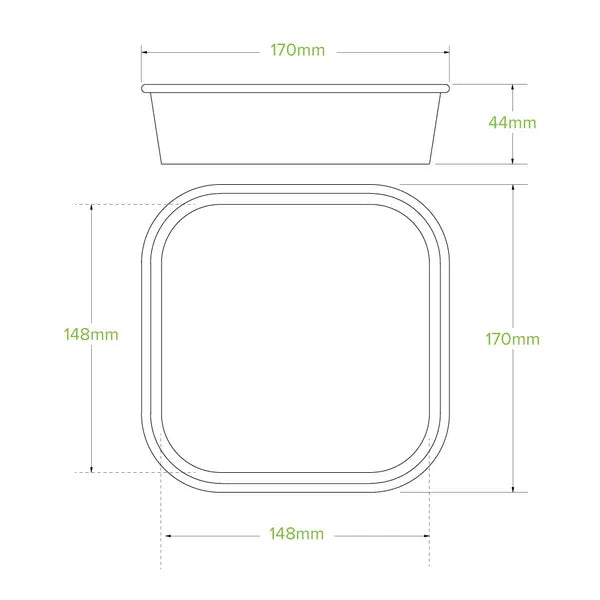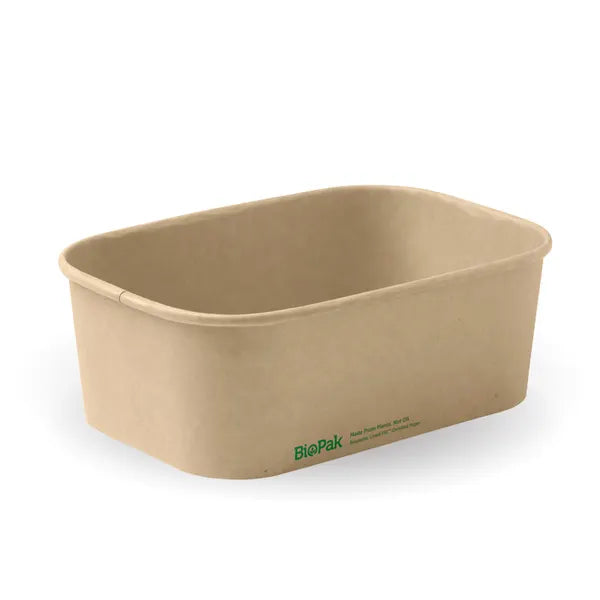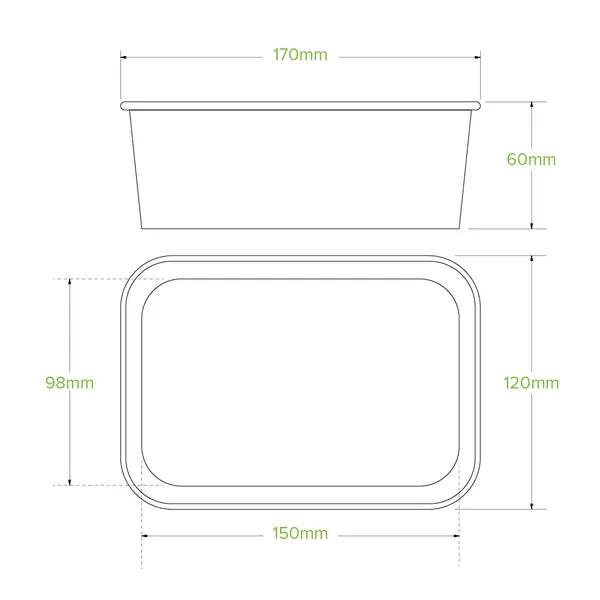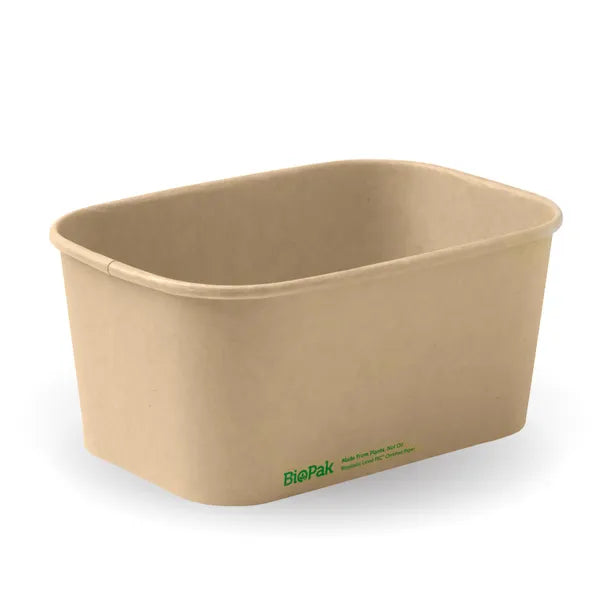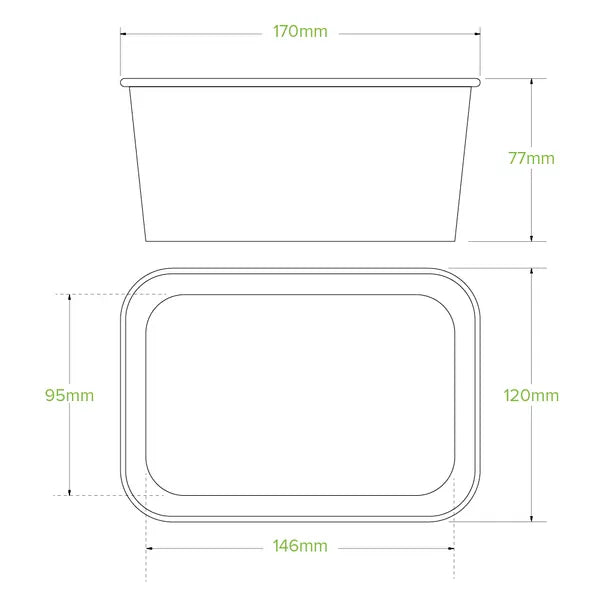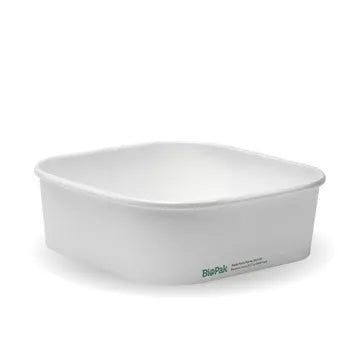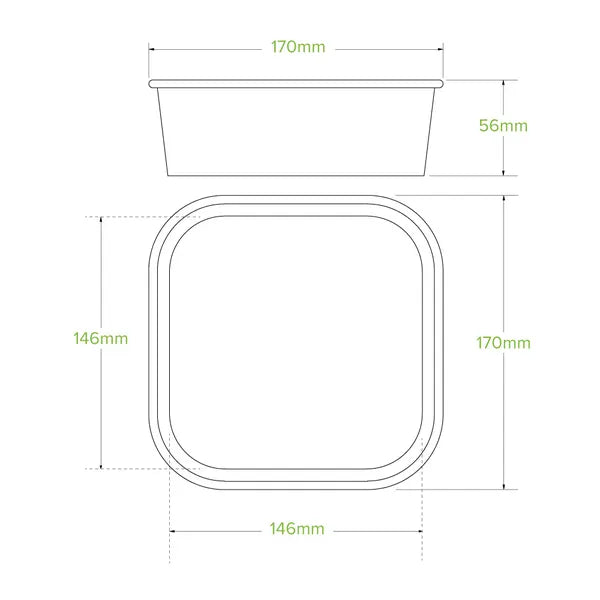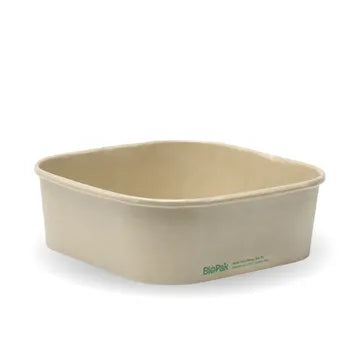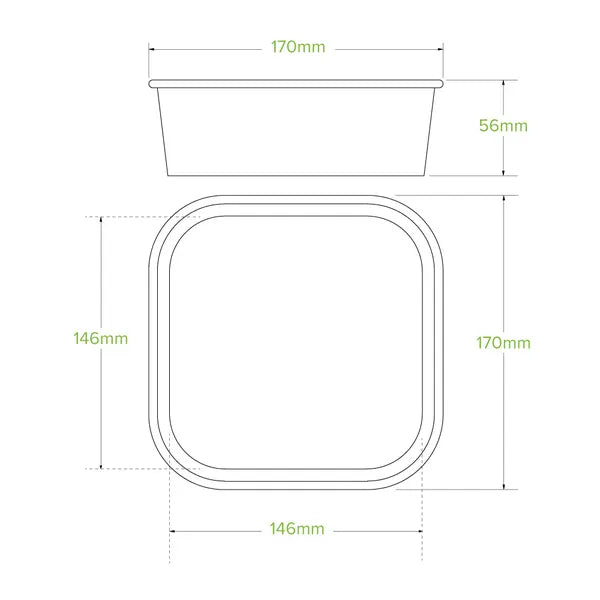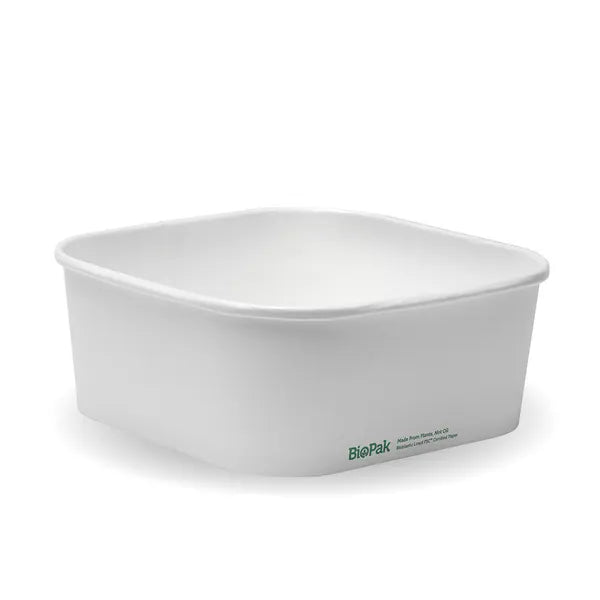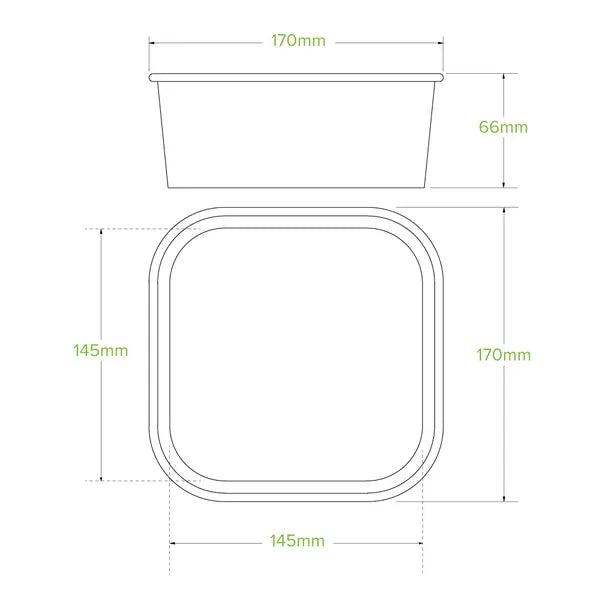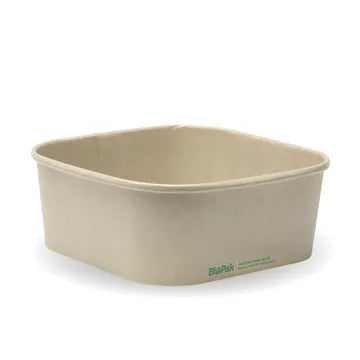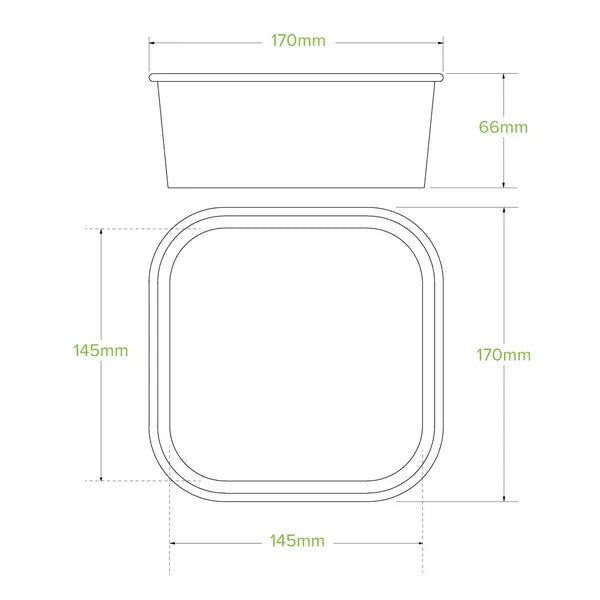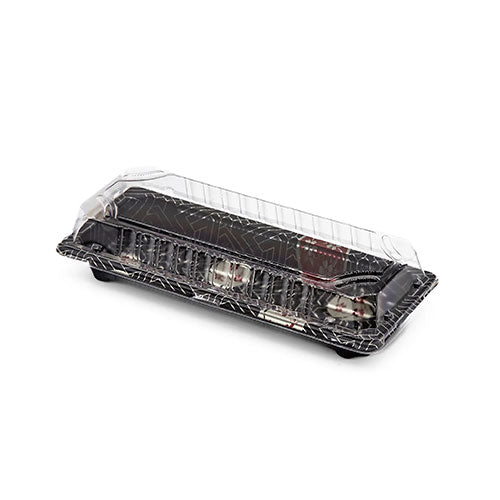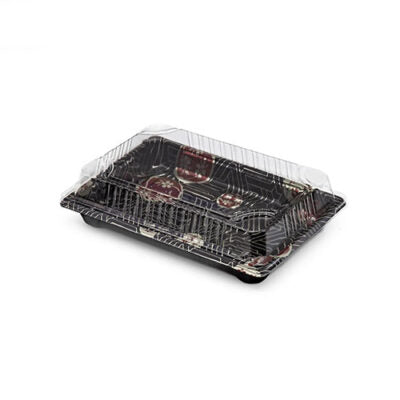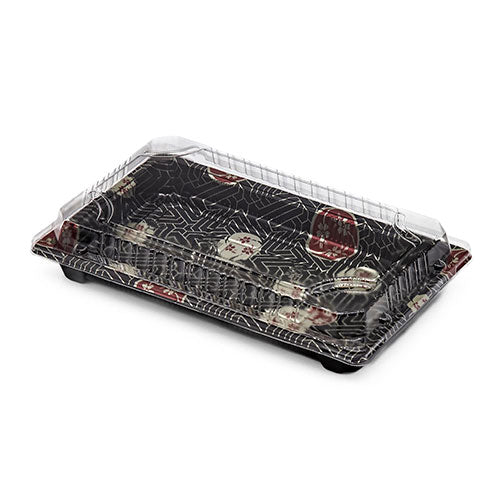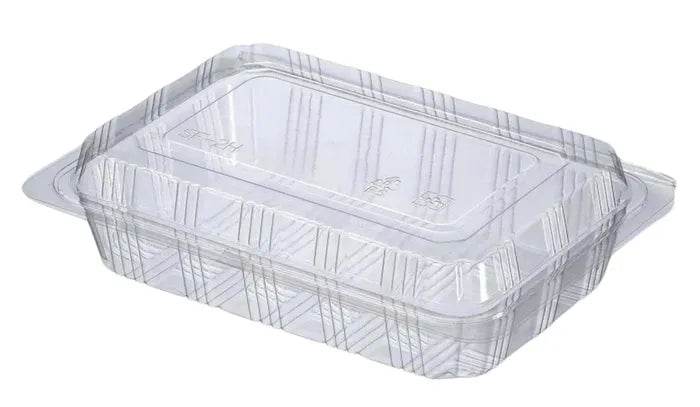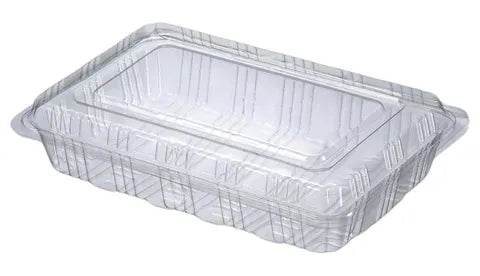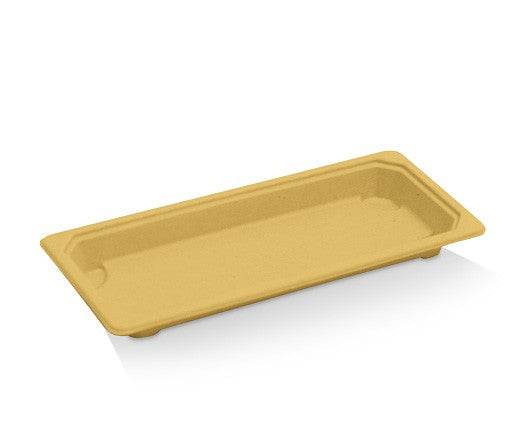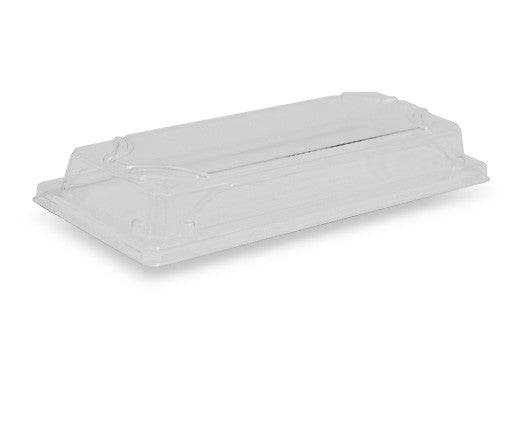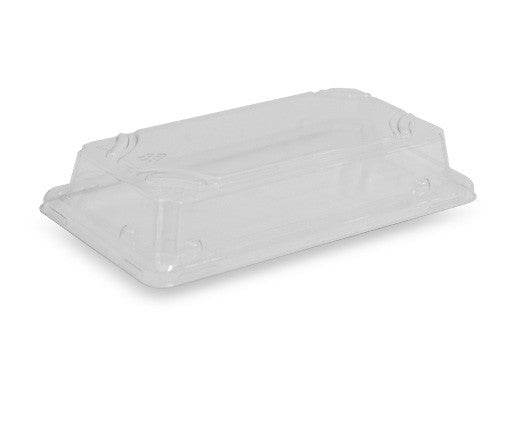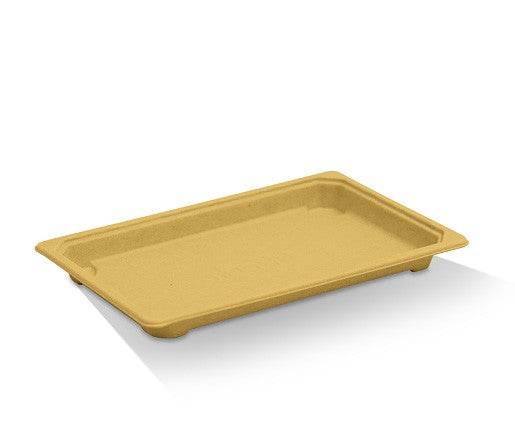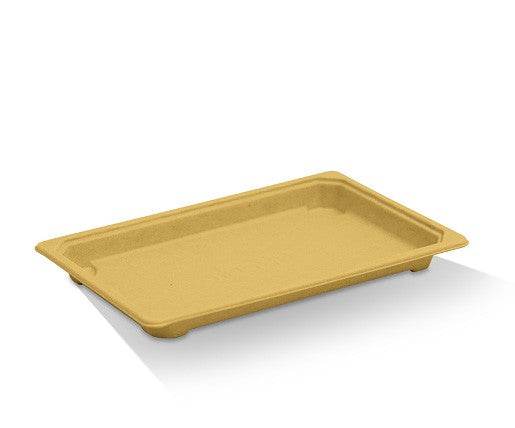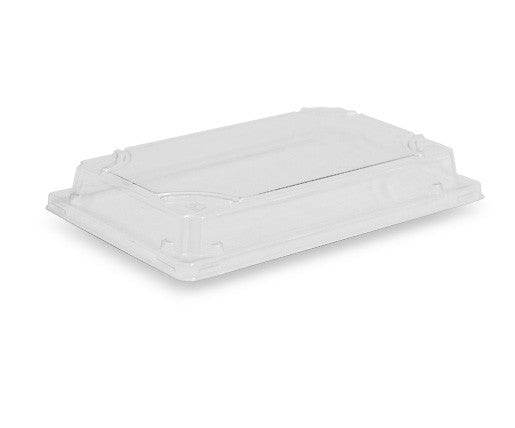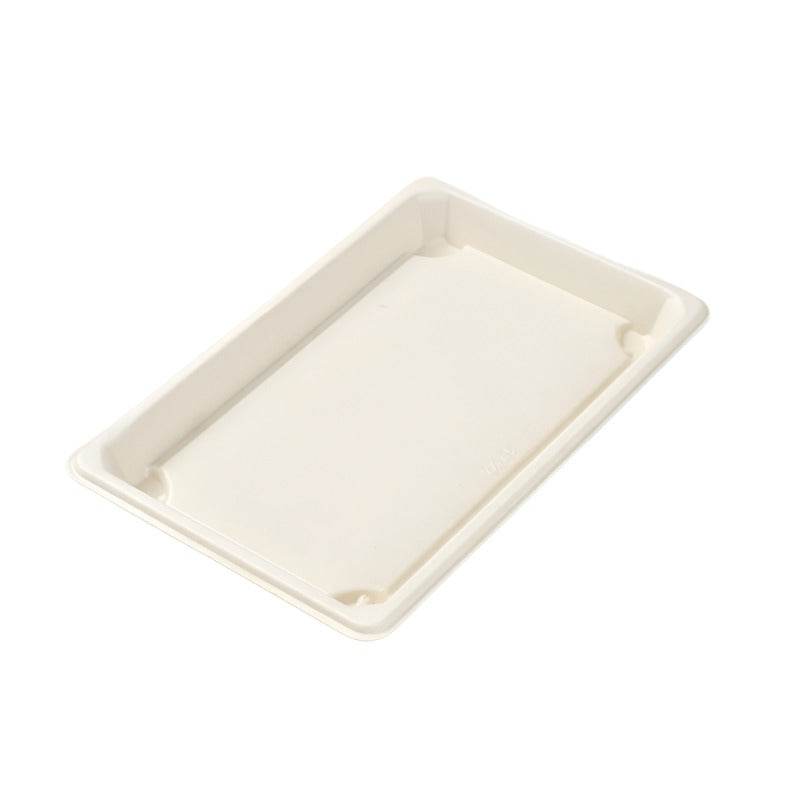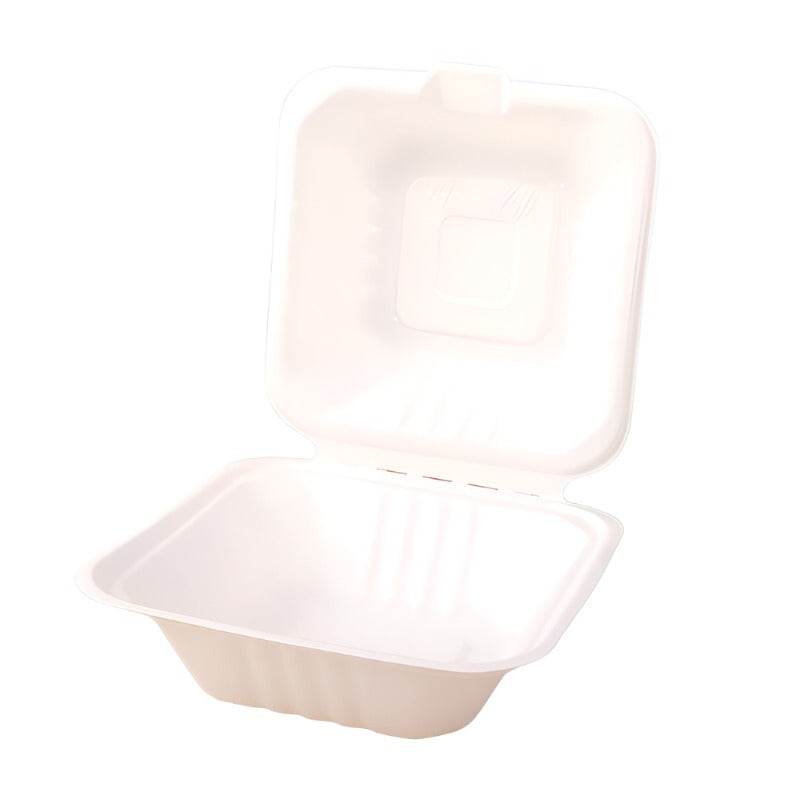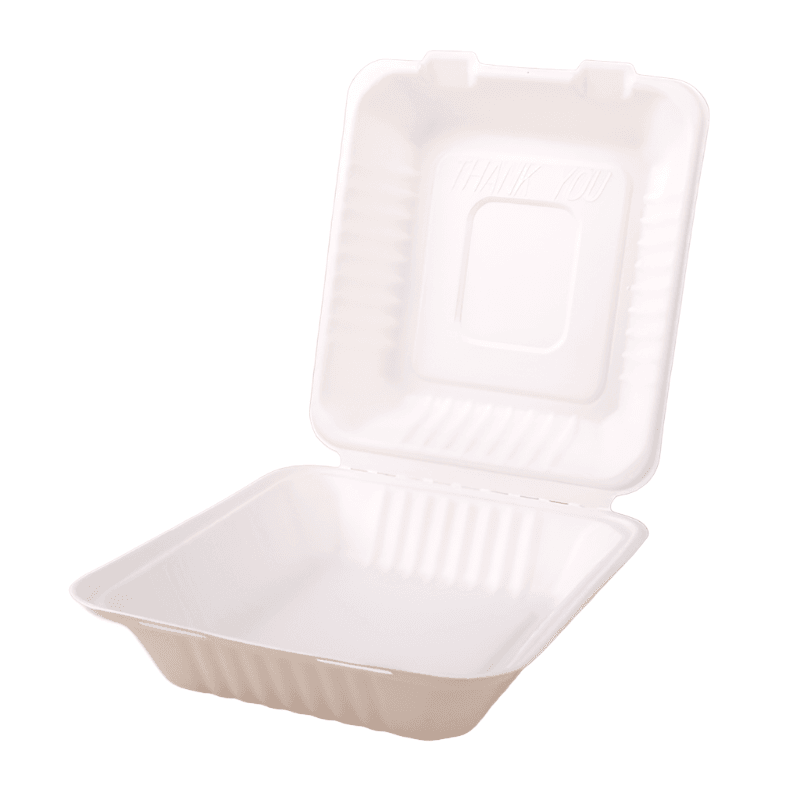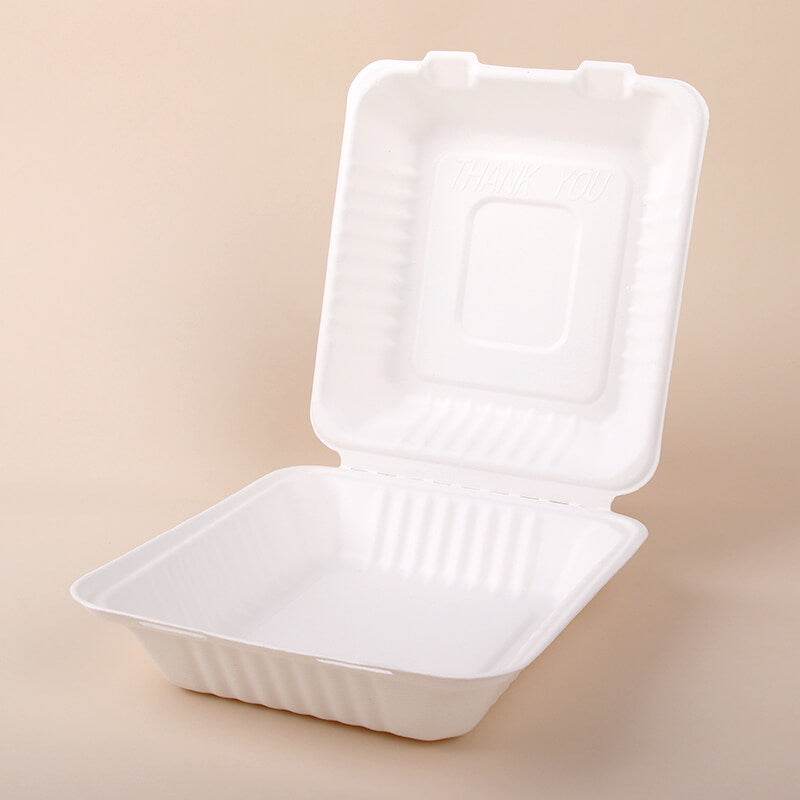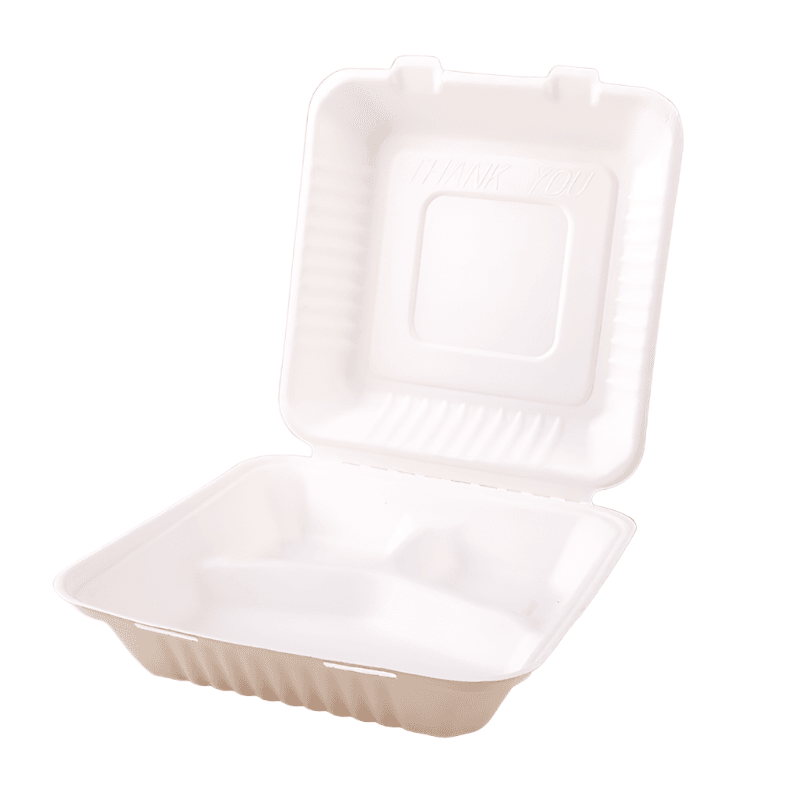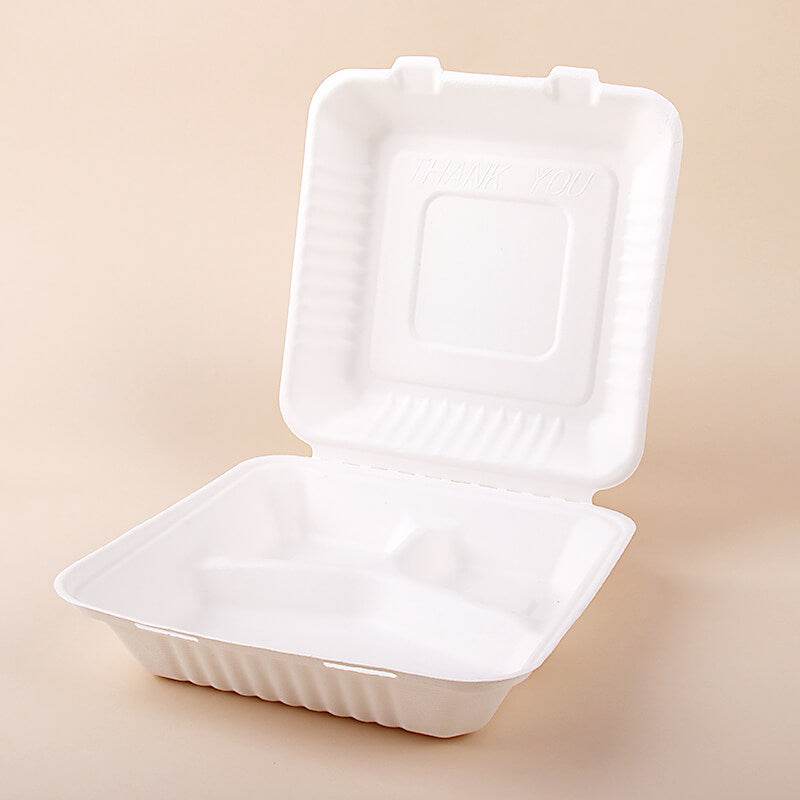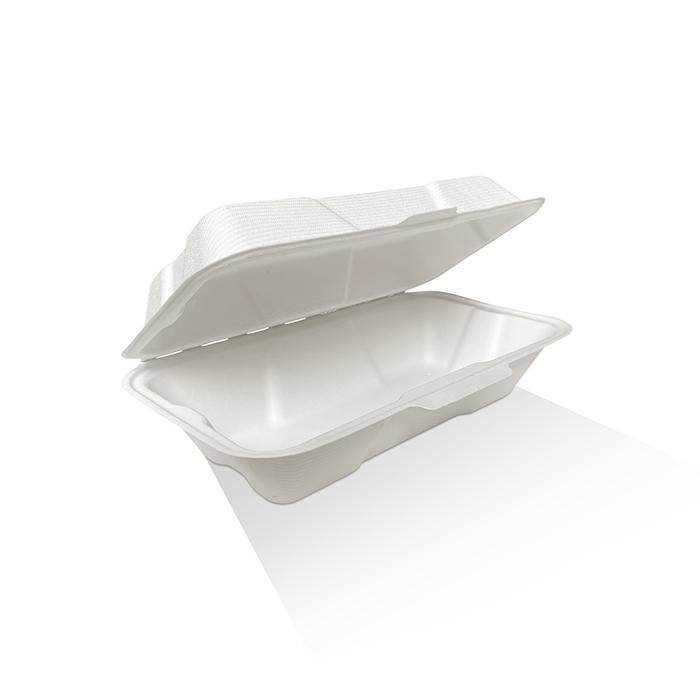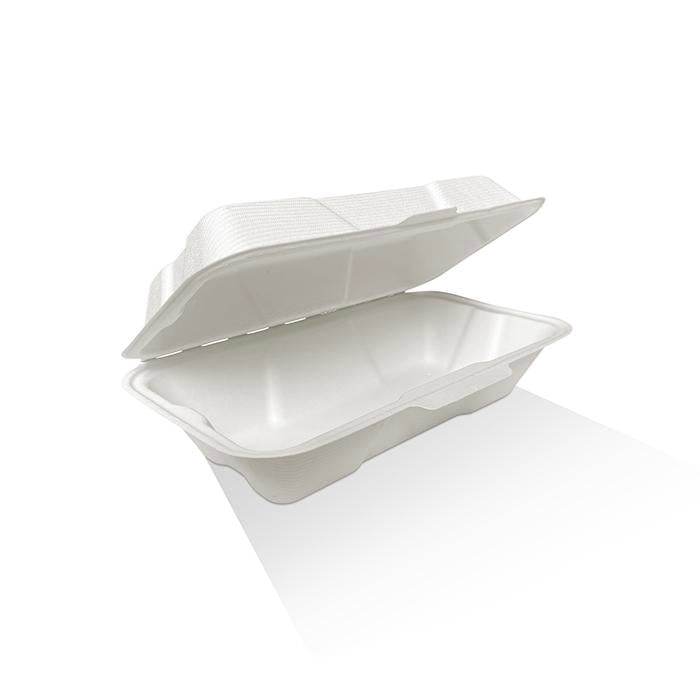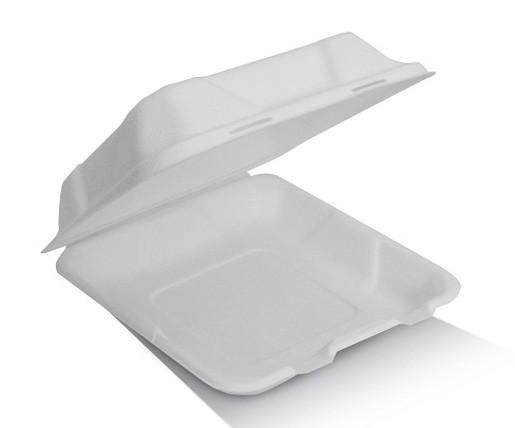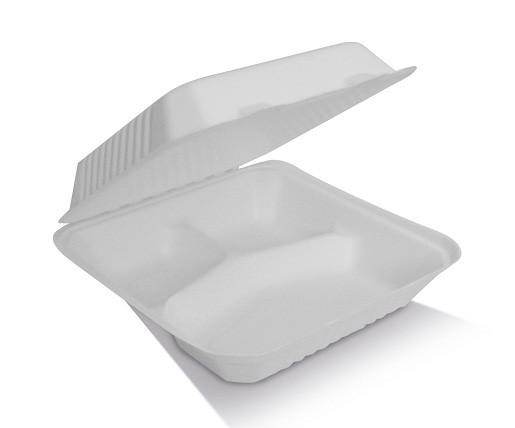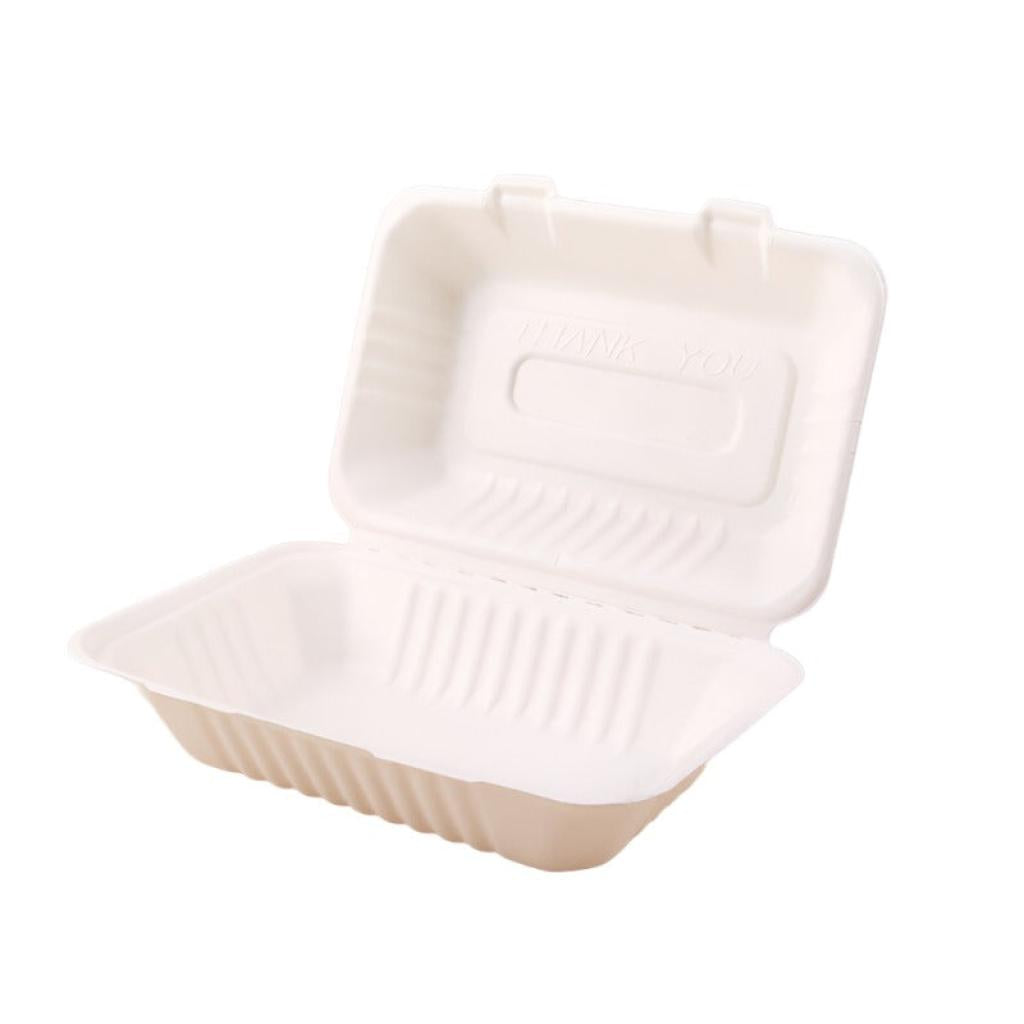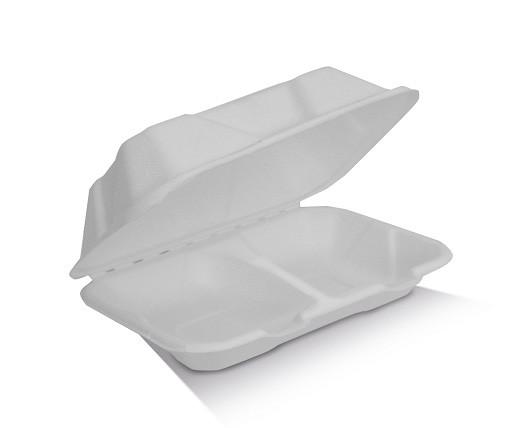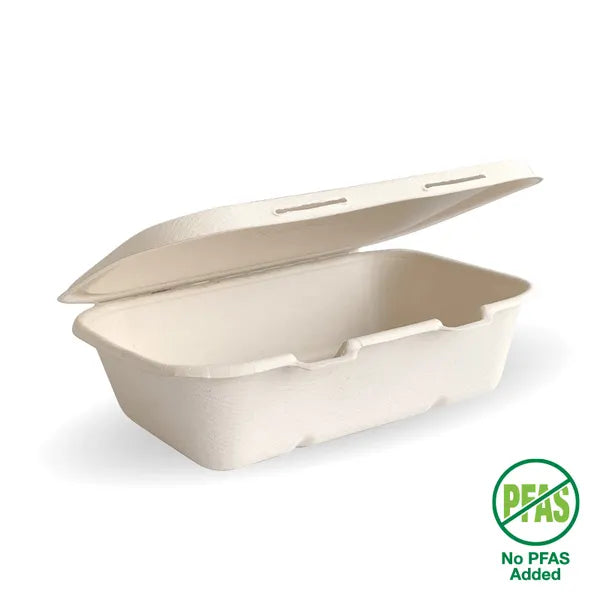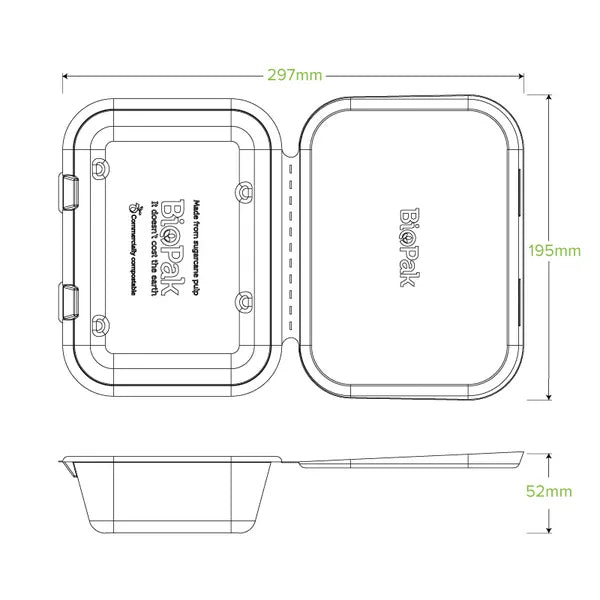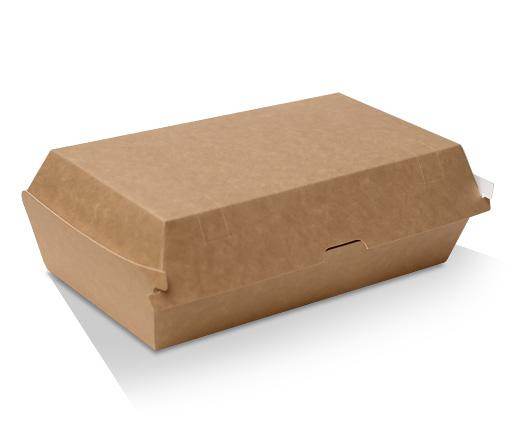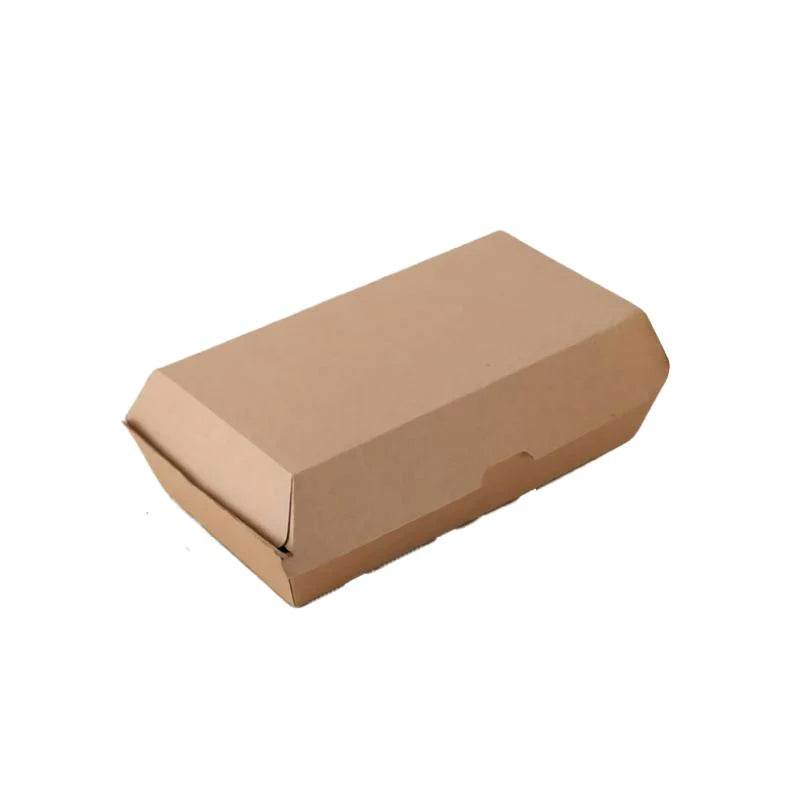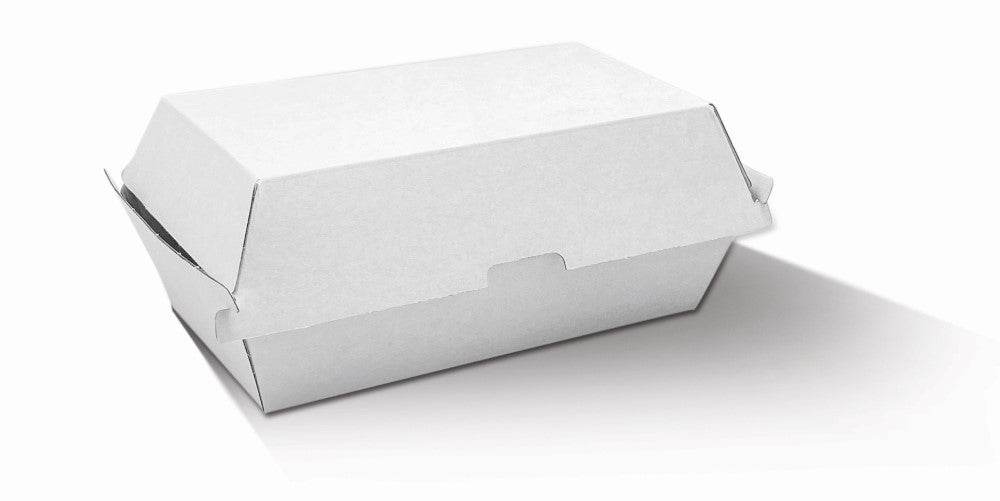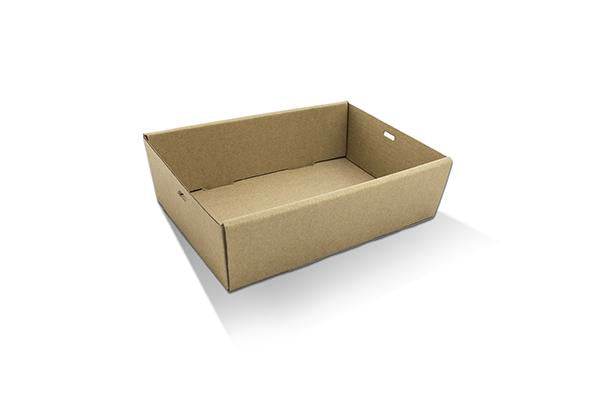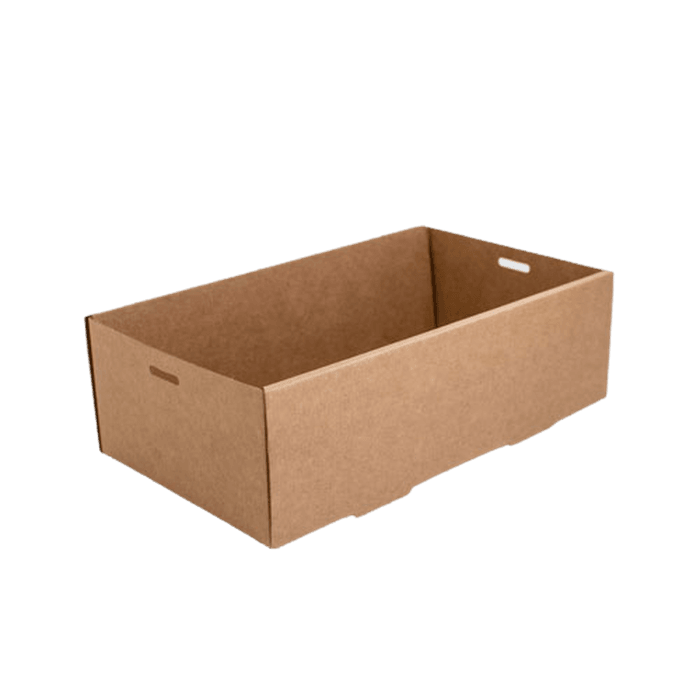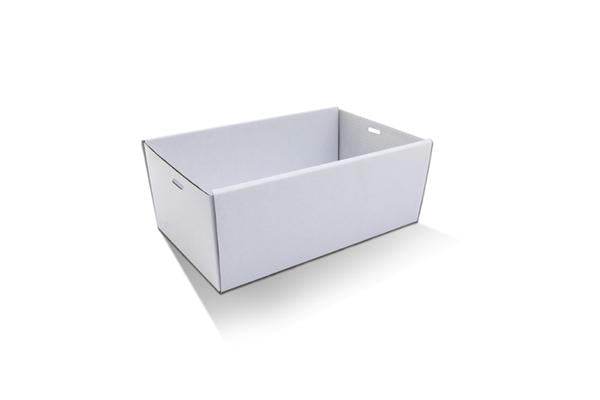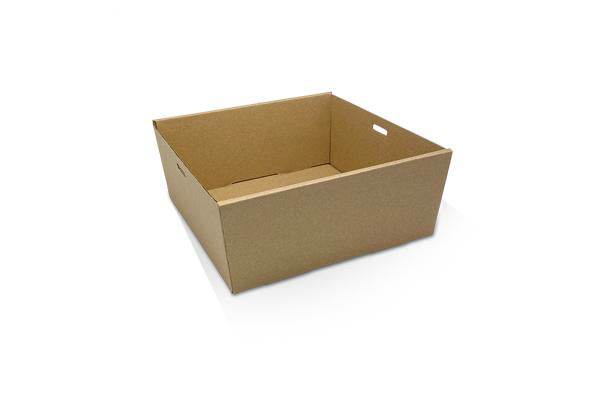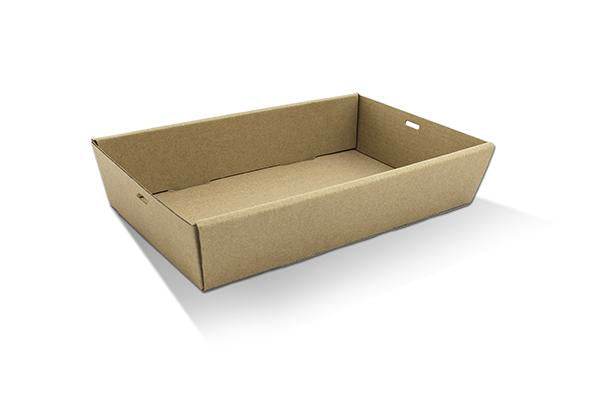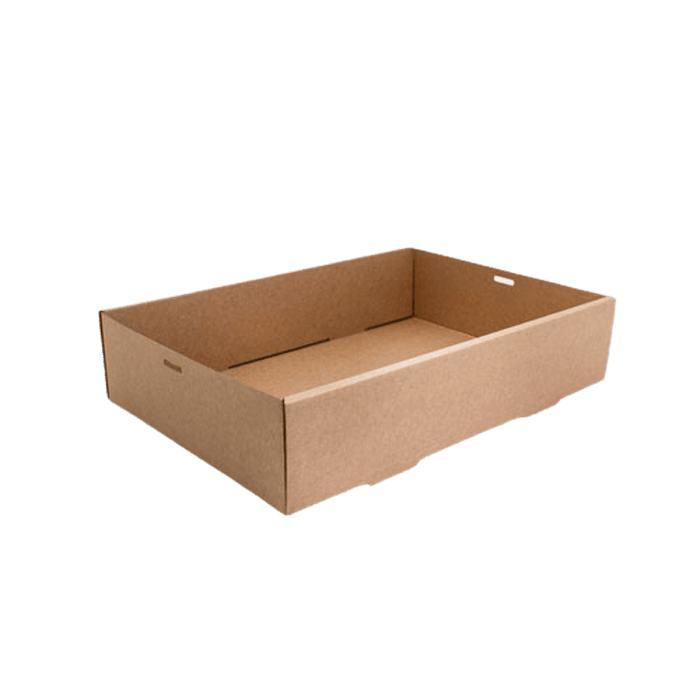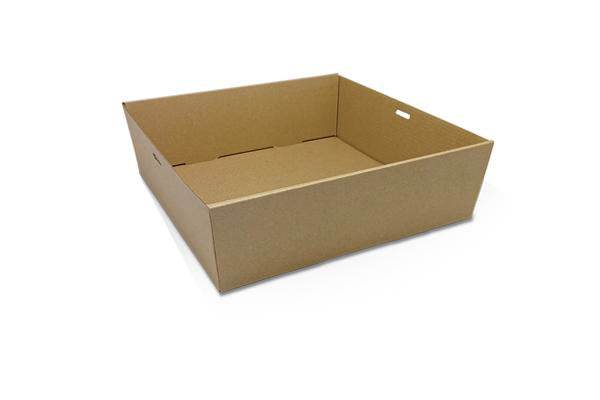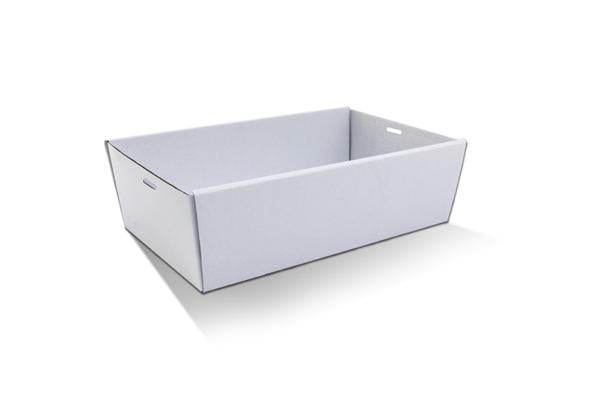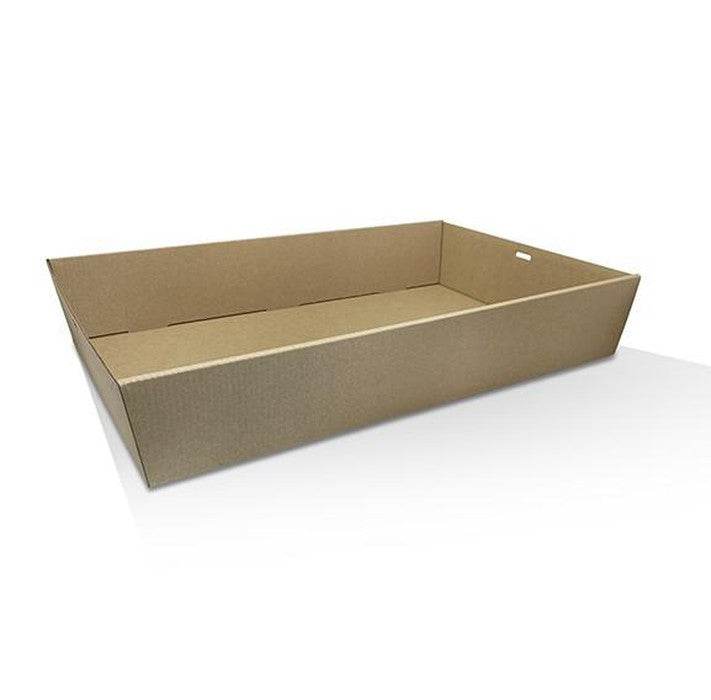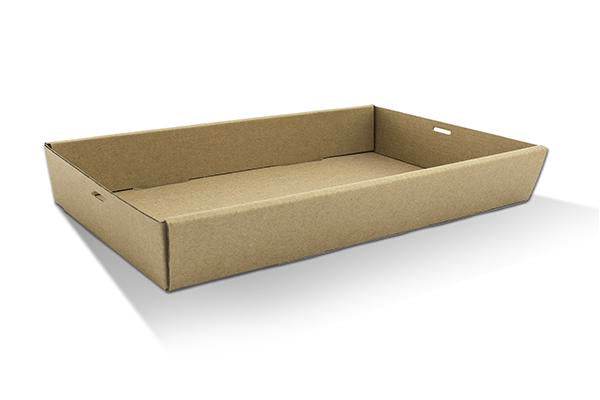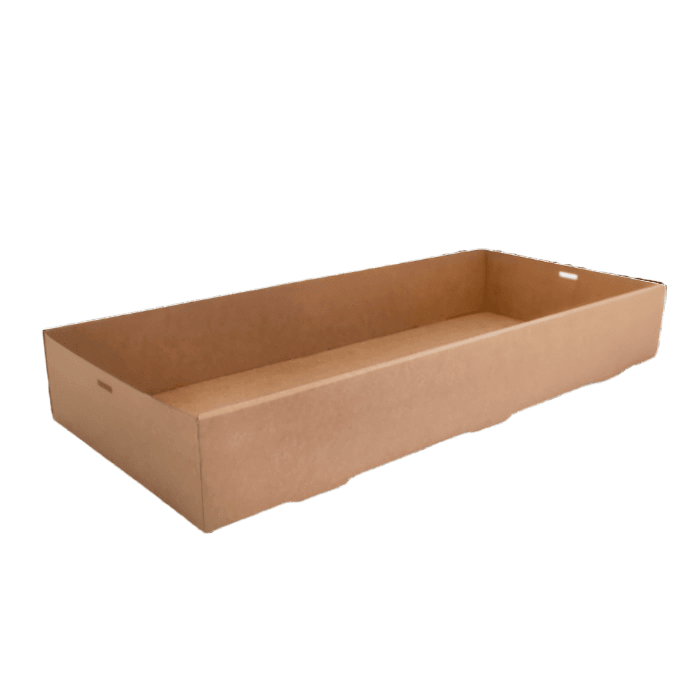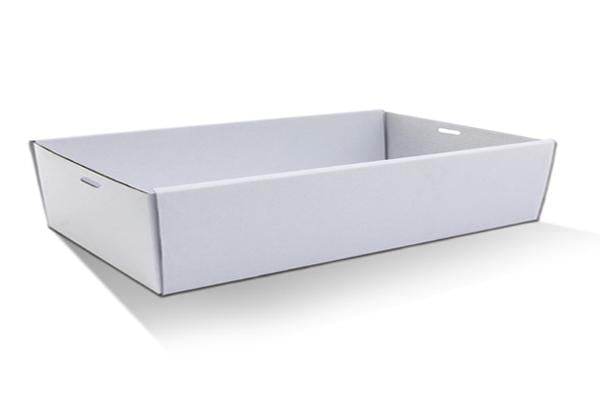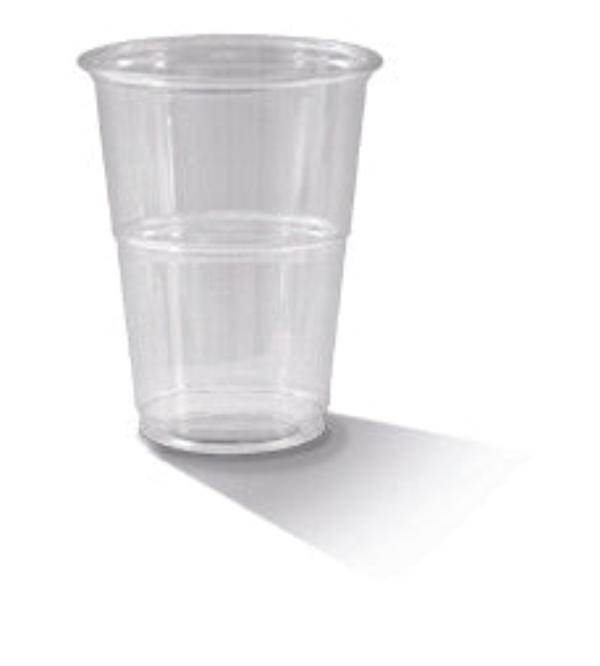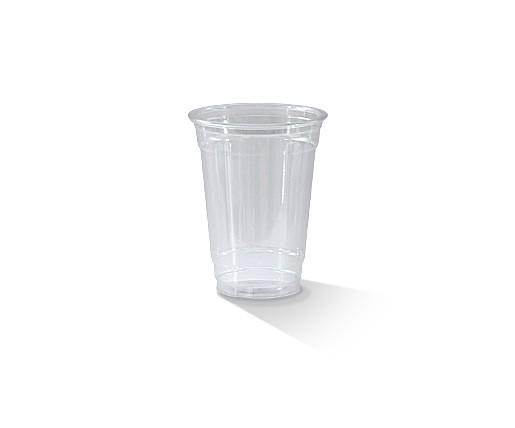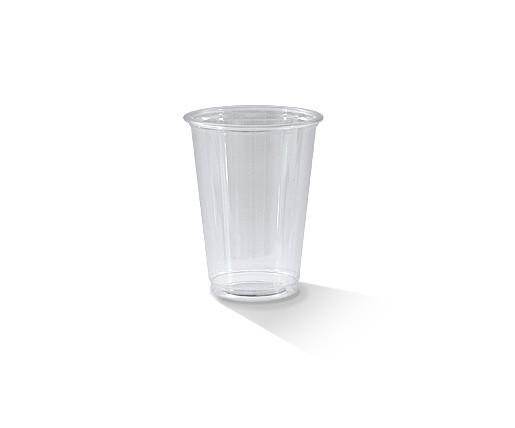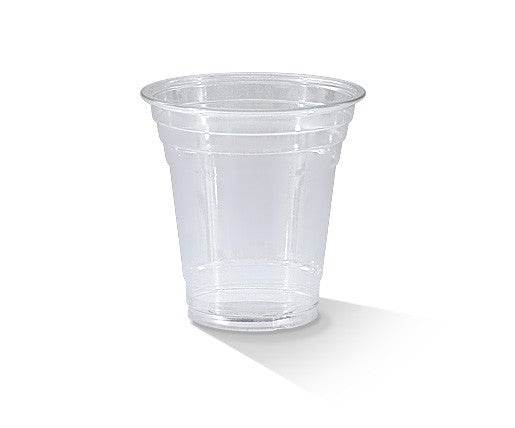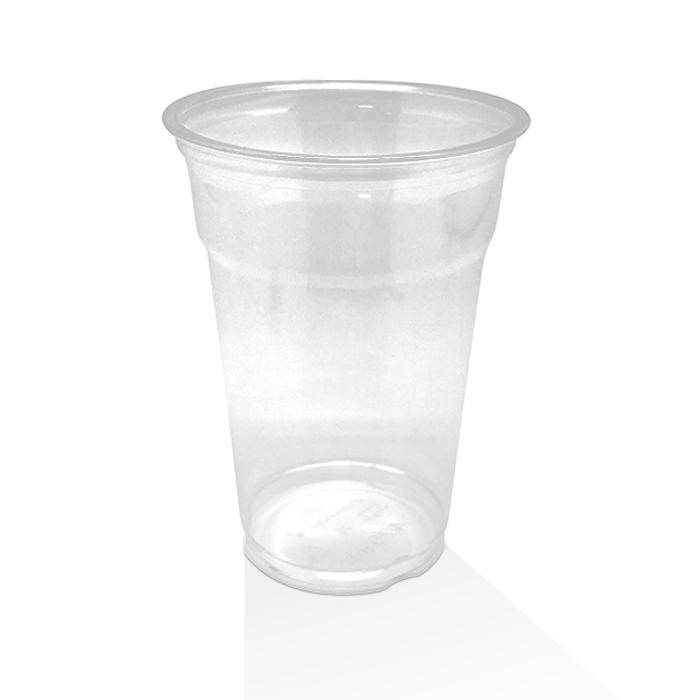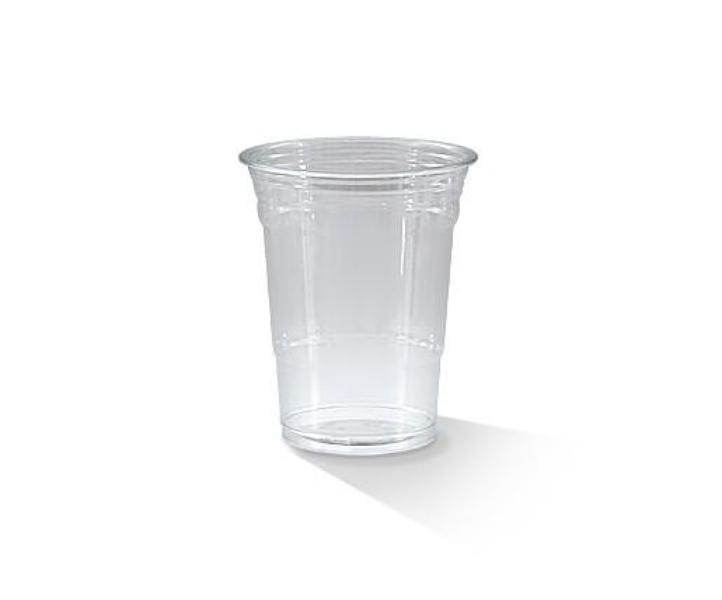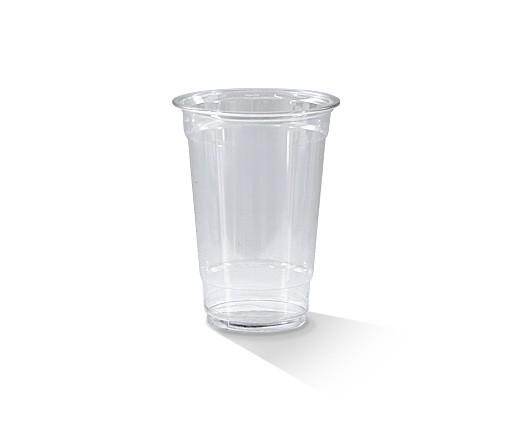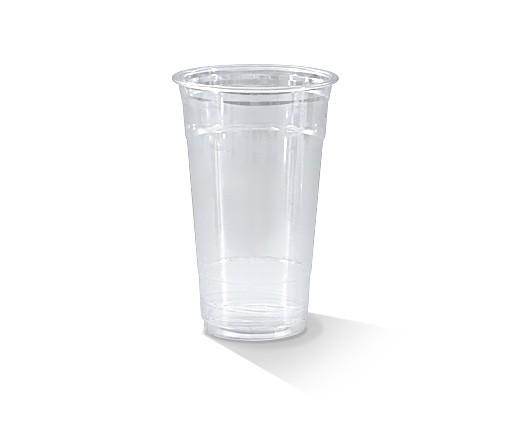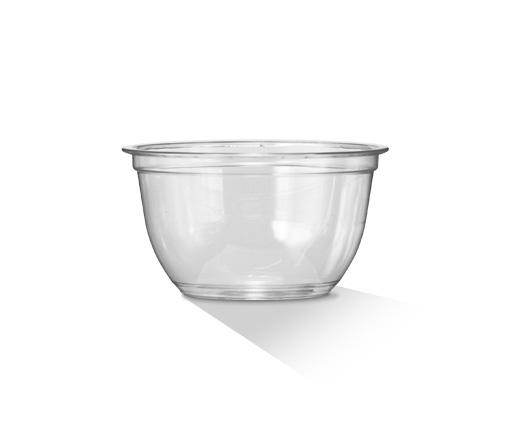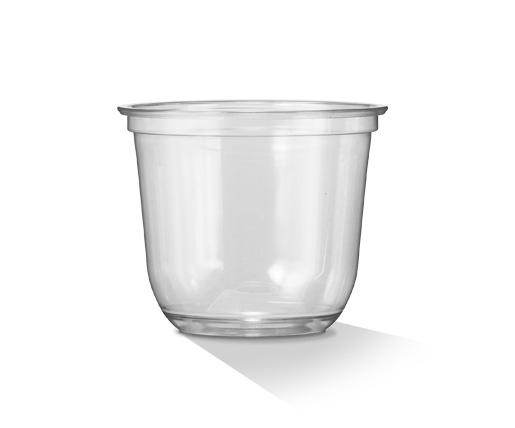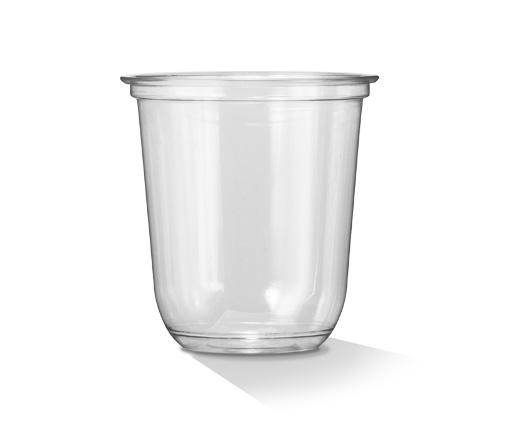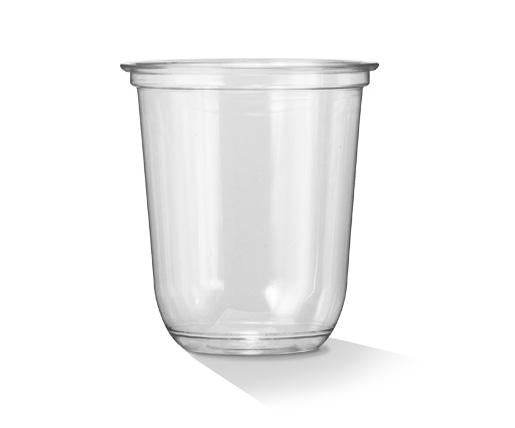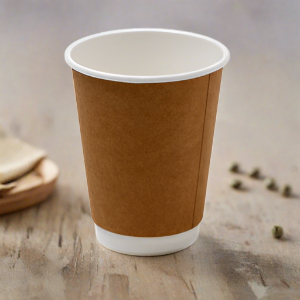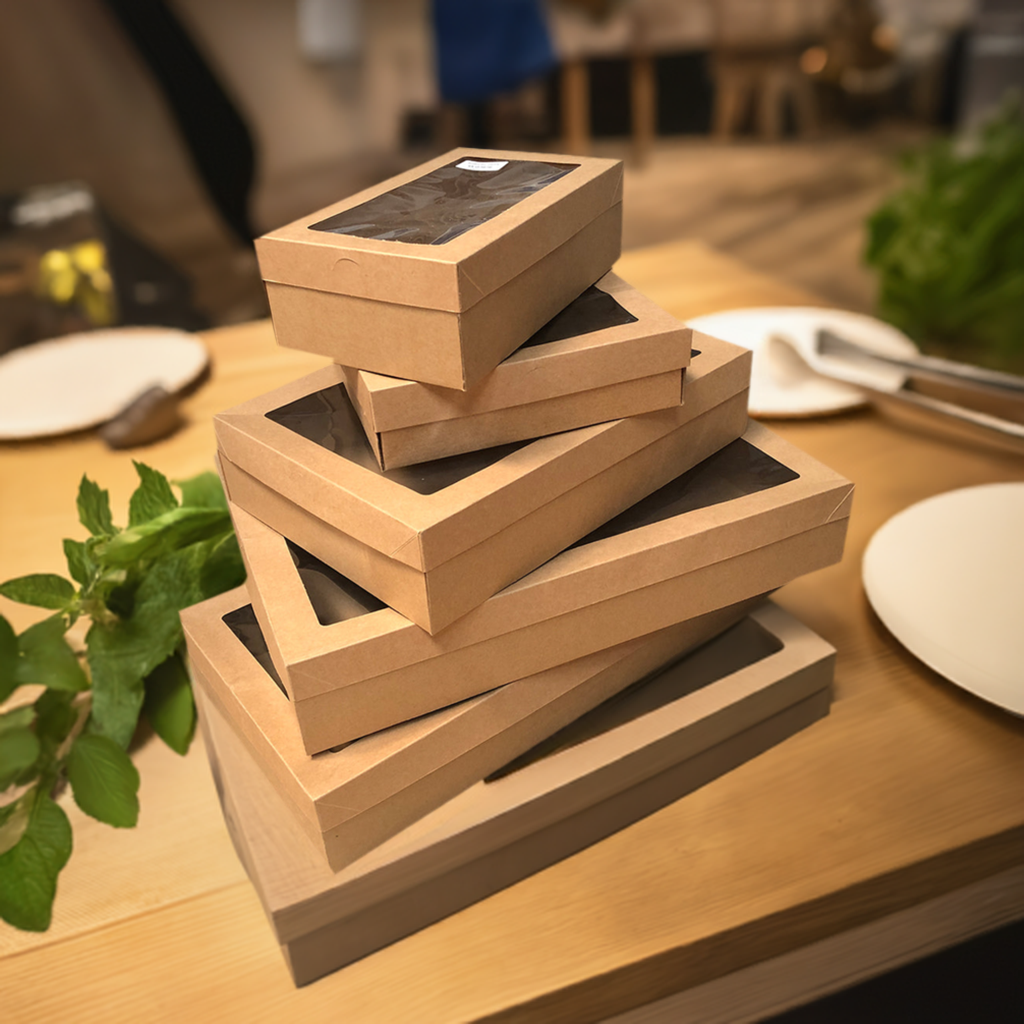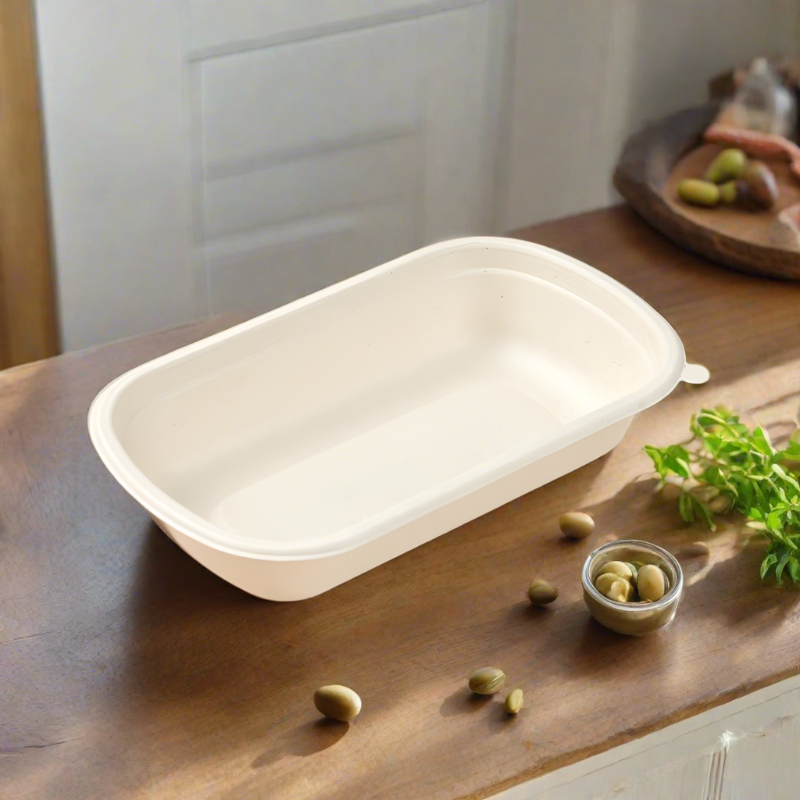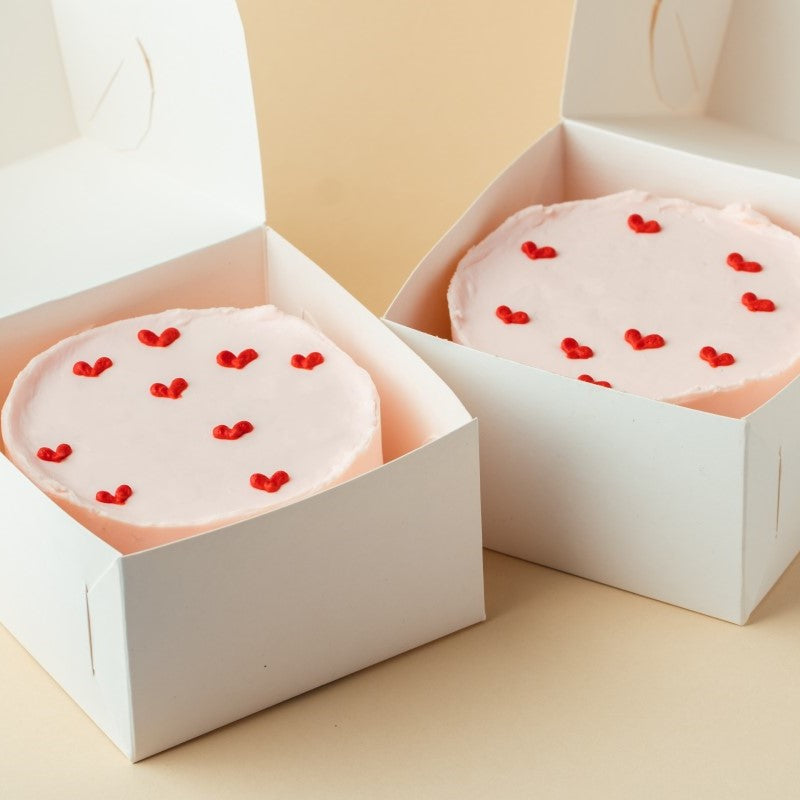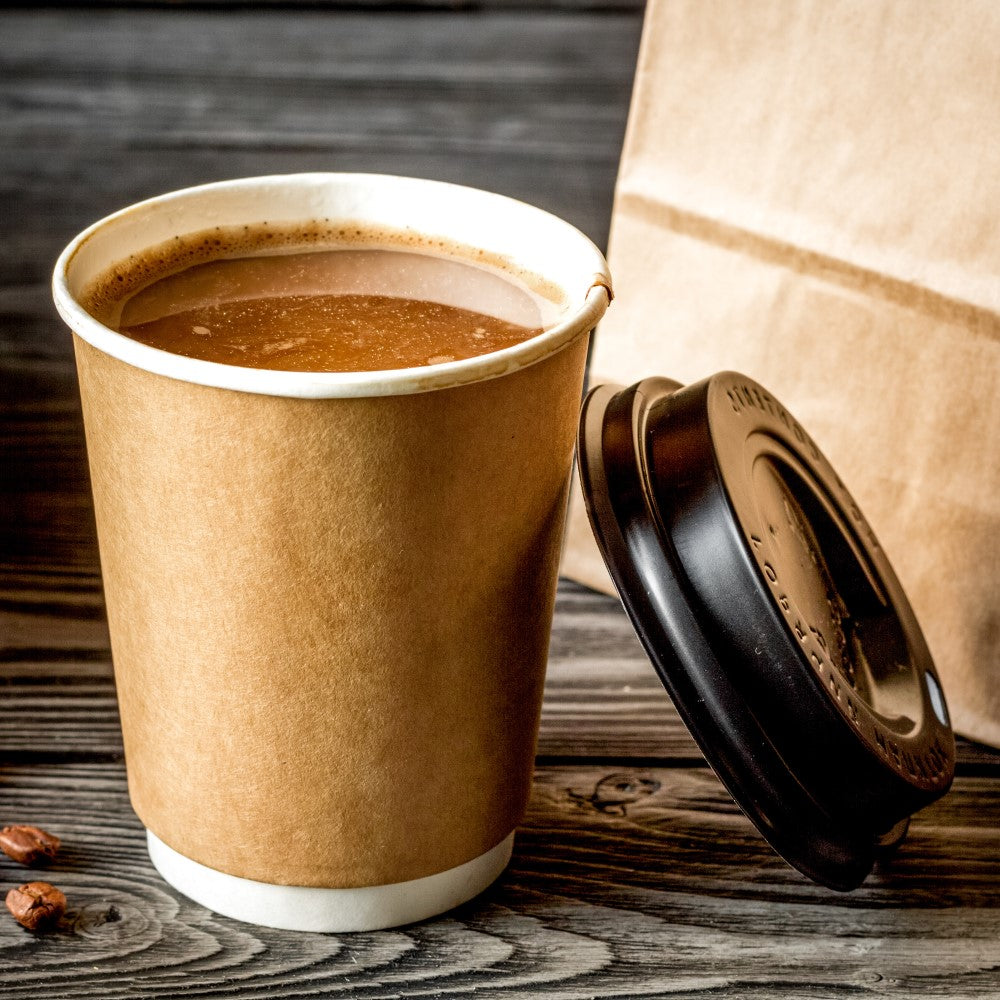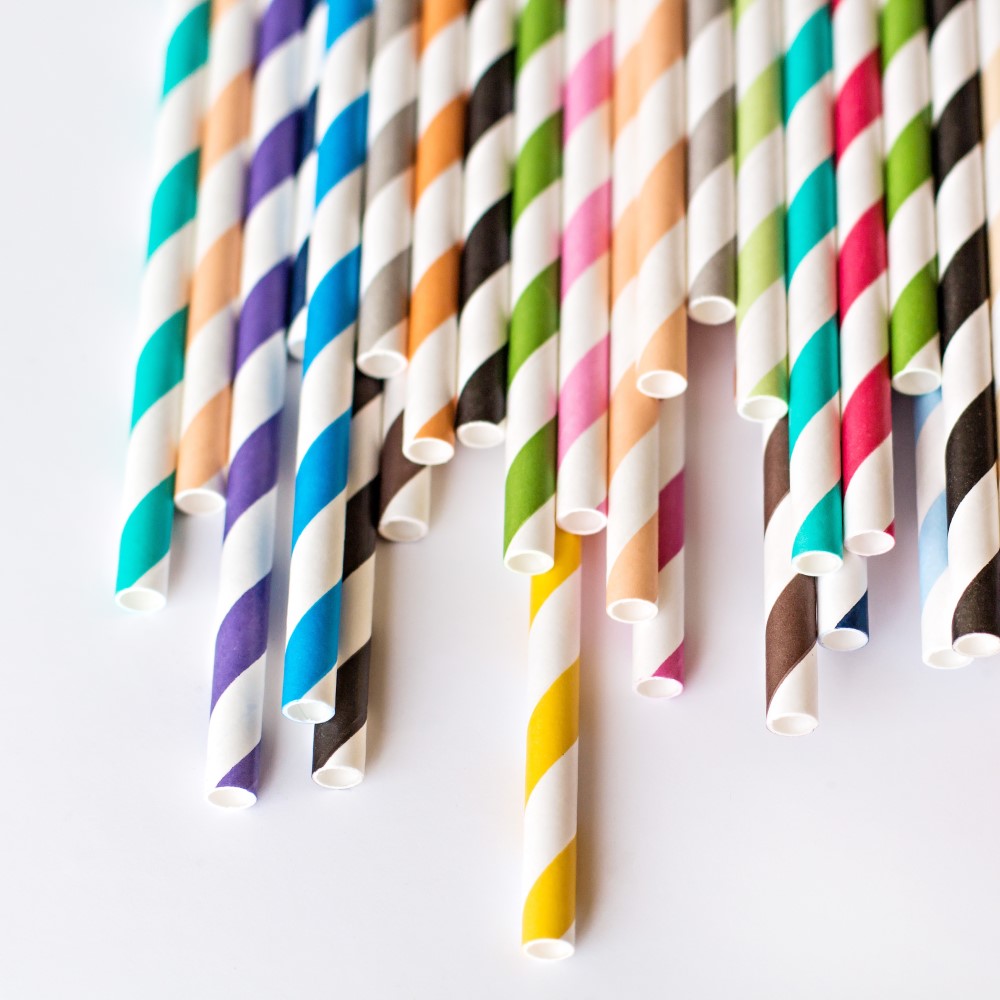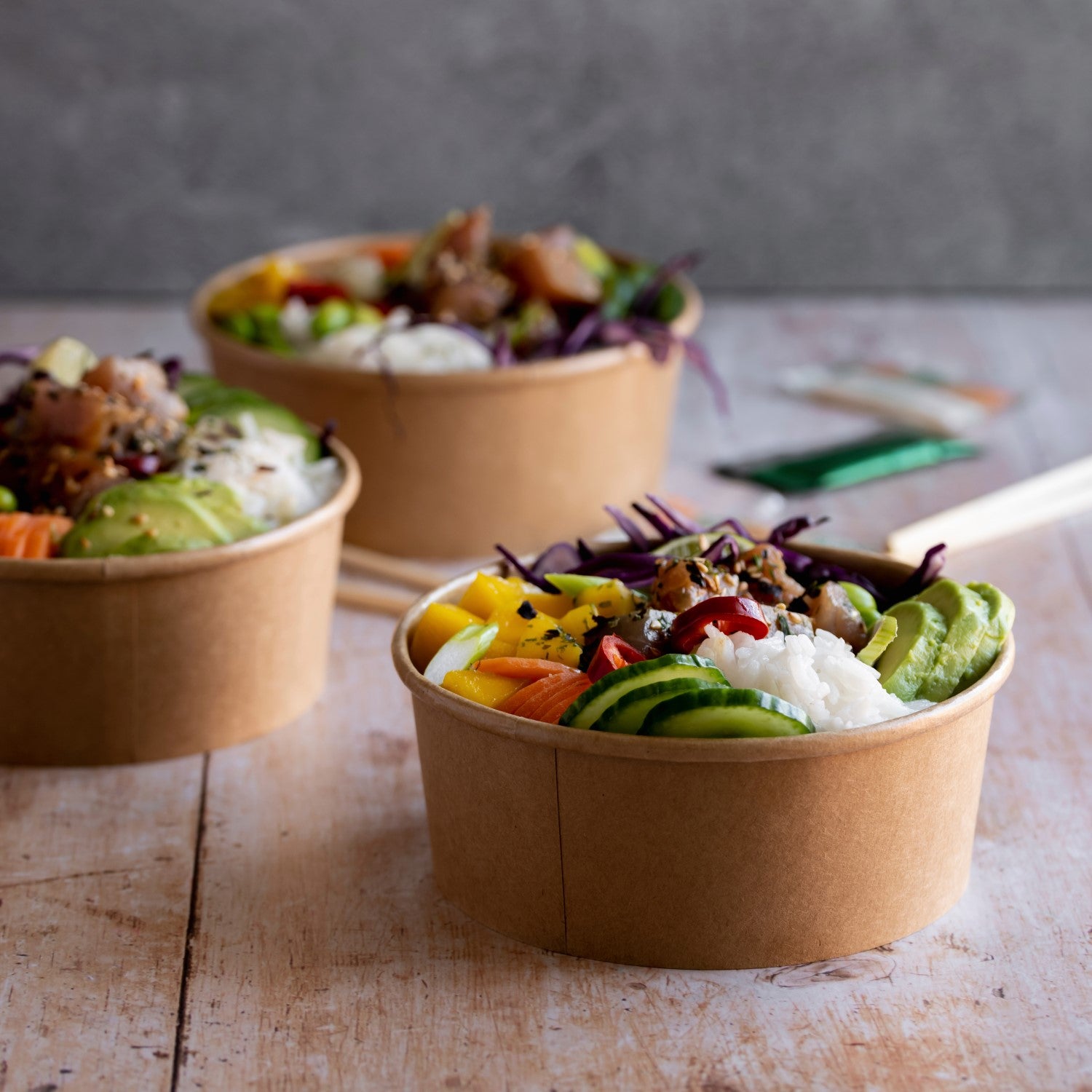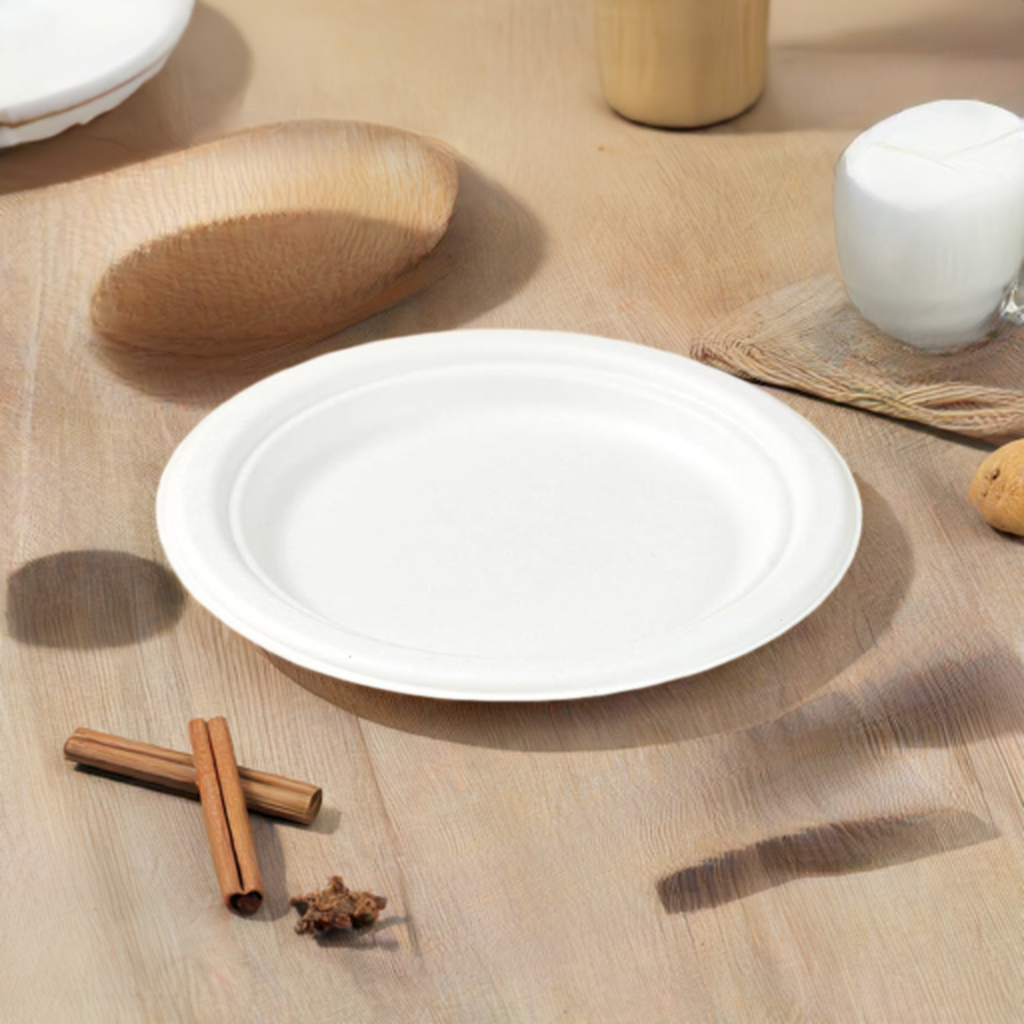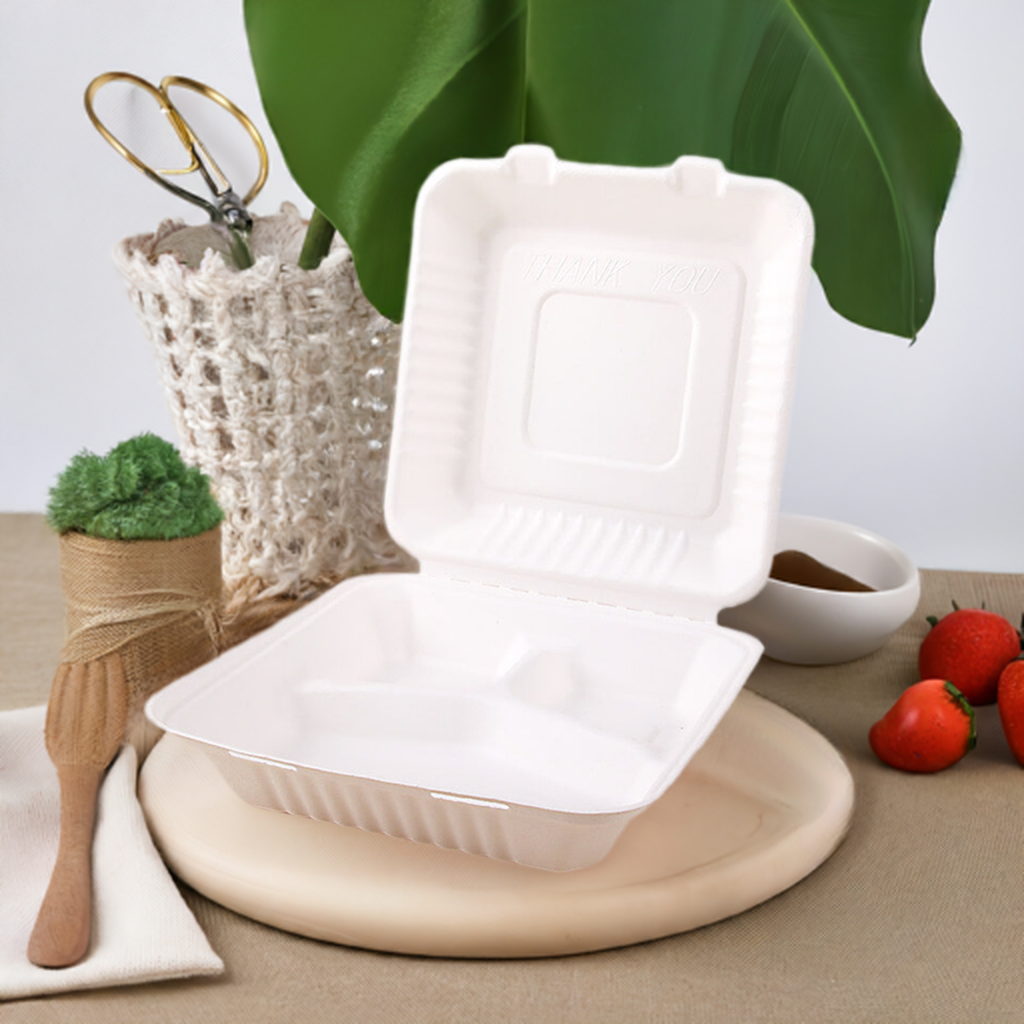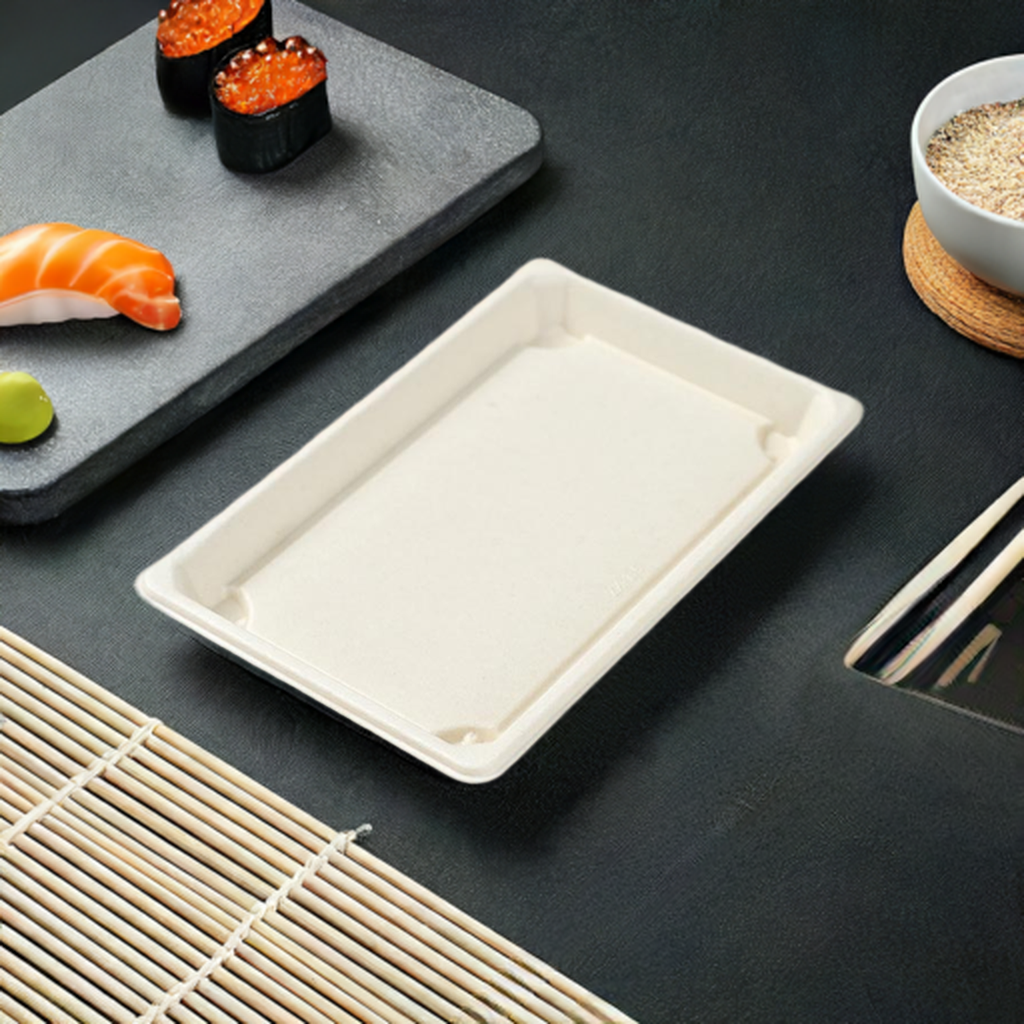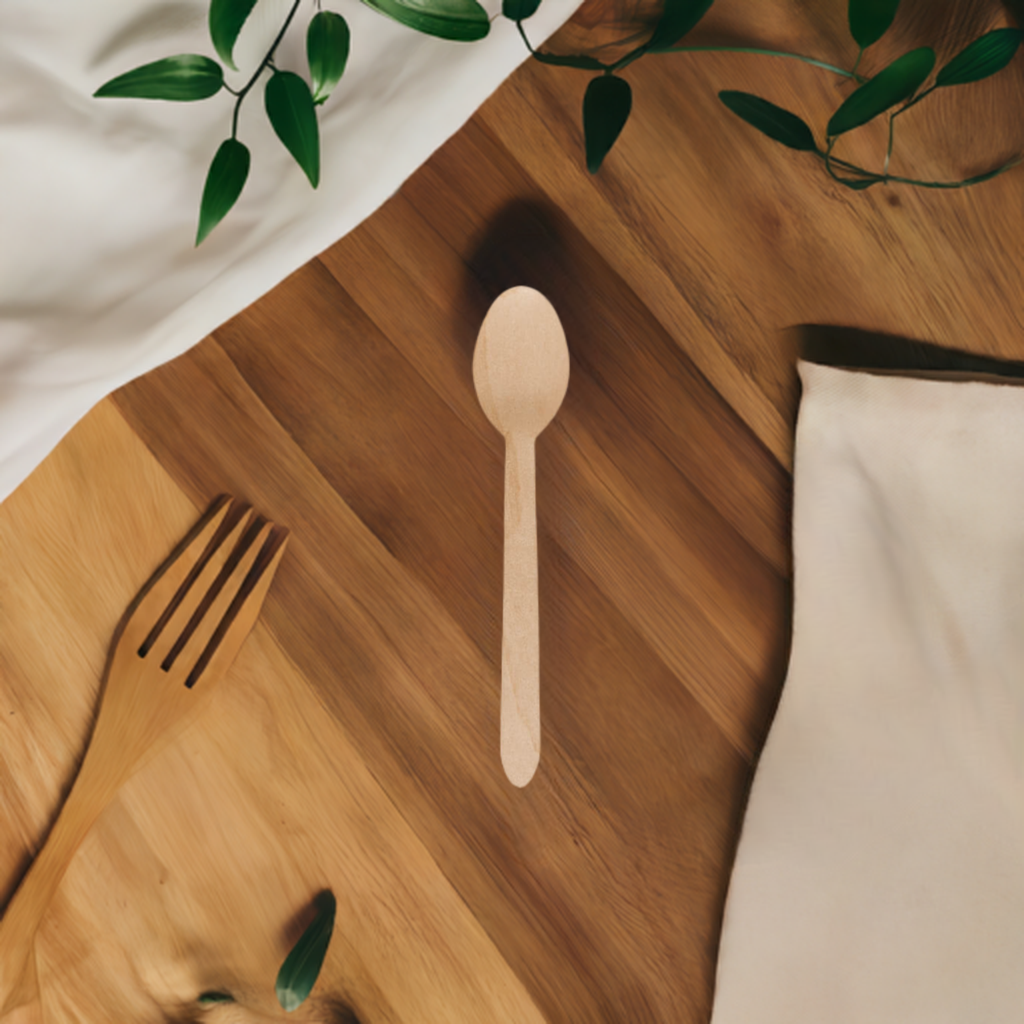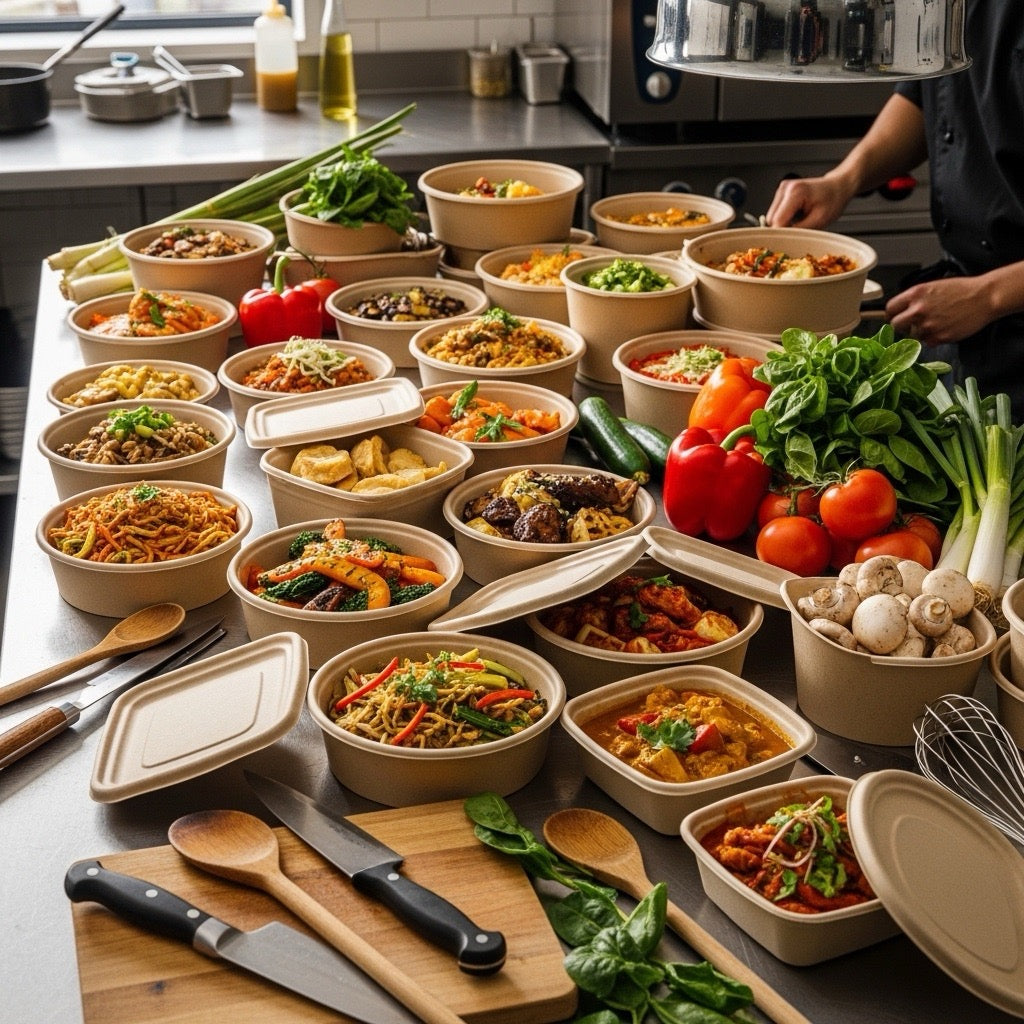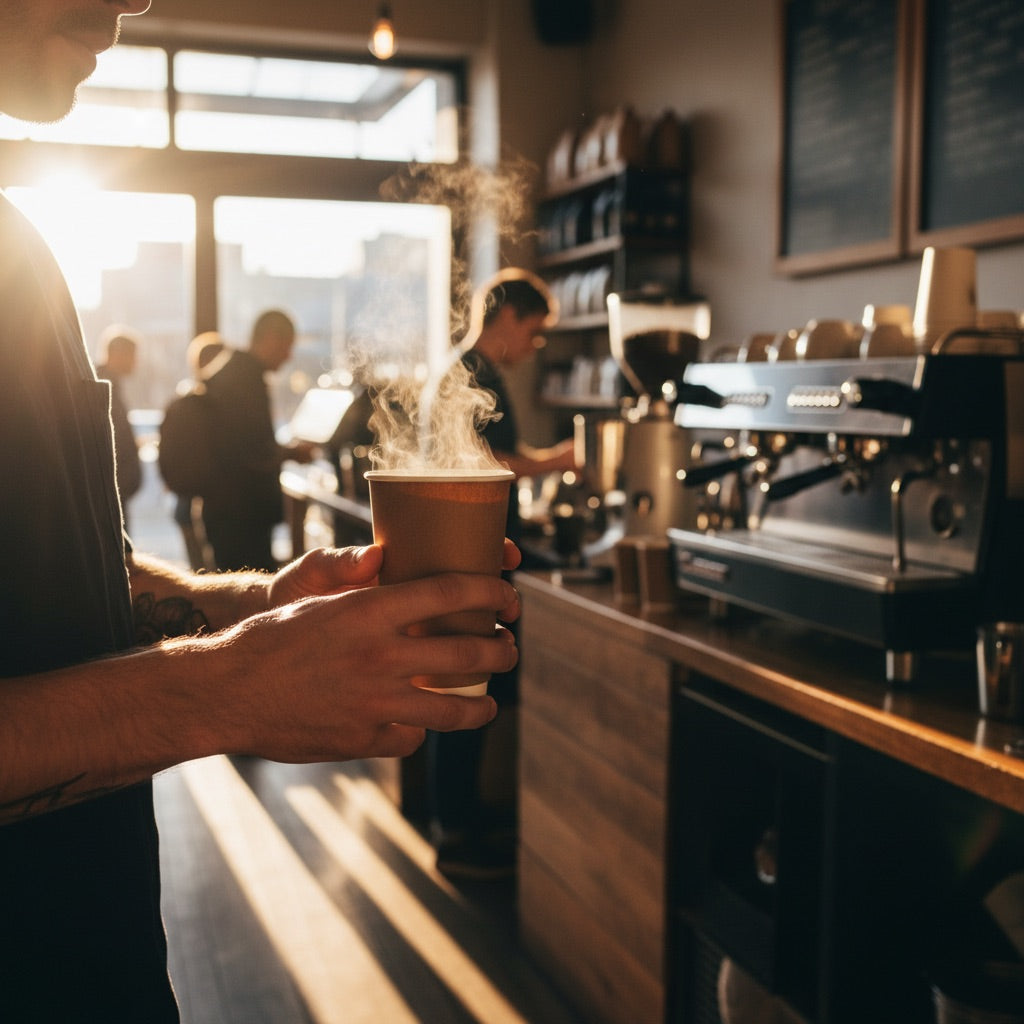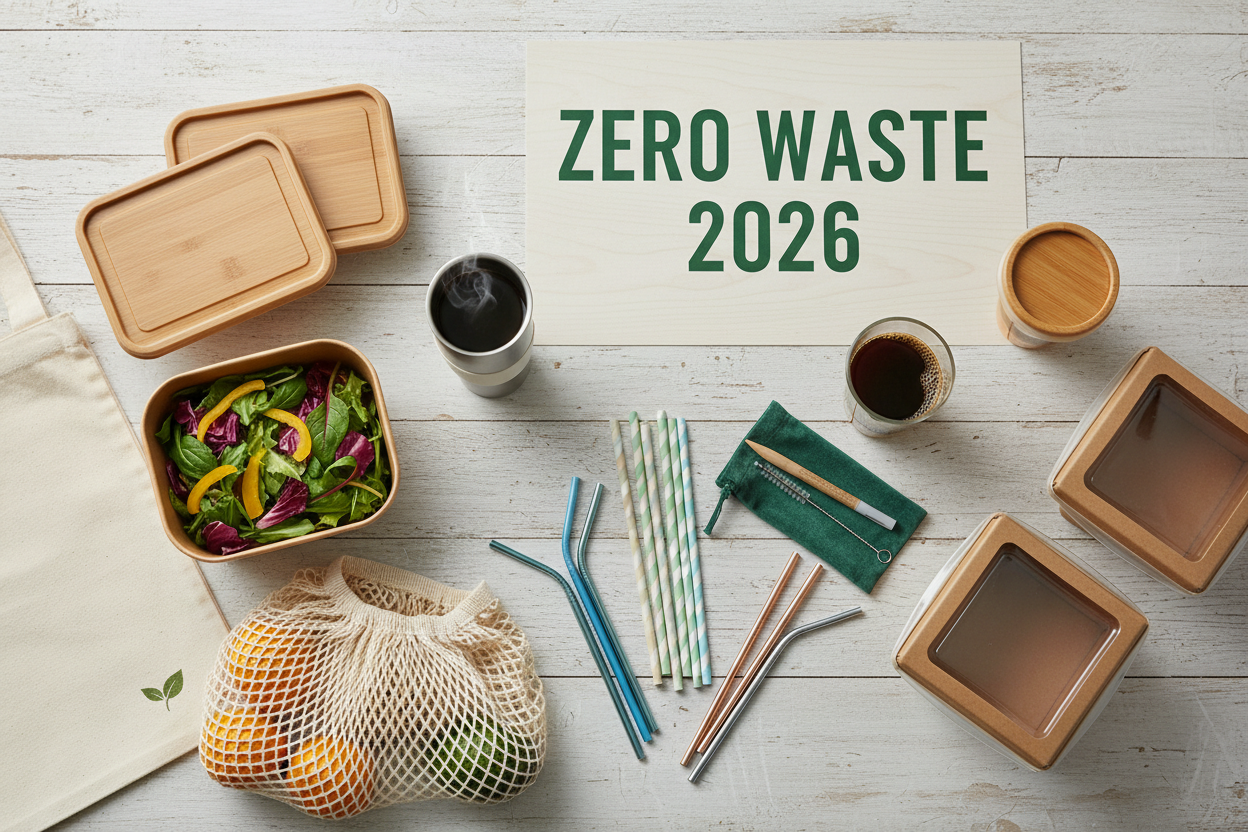
100% 食品安全
秉承最严格的原材料和GMP过程控制标准。

100% 可降解
自然条件下90天内可完全堆肥。

客户支持
有疑问吗?请随时与我们联系。
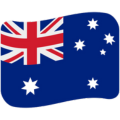
拯救更多树木
每一次使用,都可以减少森林砍伐,用每一根吸管拯救世界。
WE PROUDLY SUPPLY OUR QUALITY PRODUCTS TO



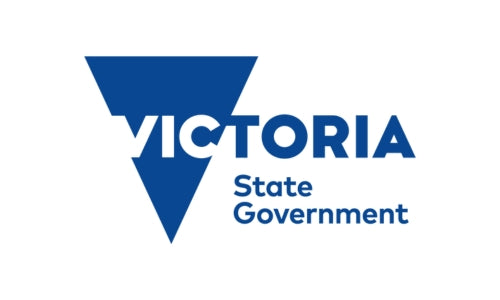






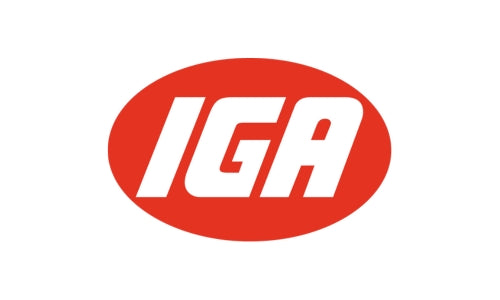

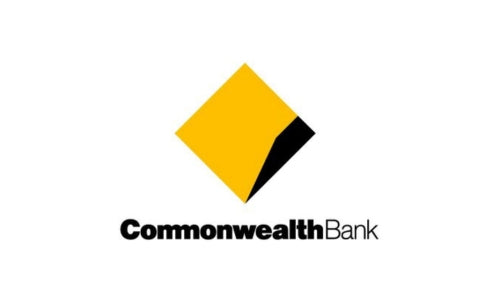
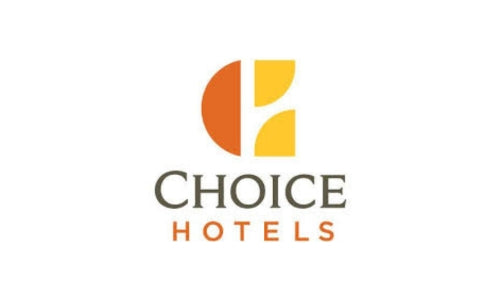
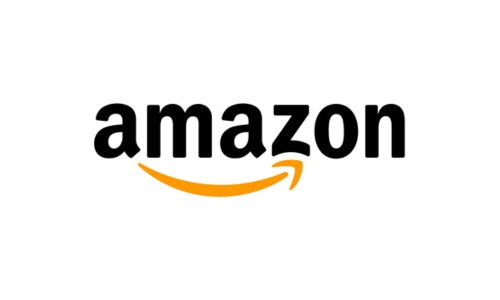
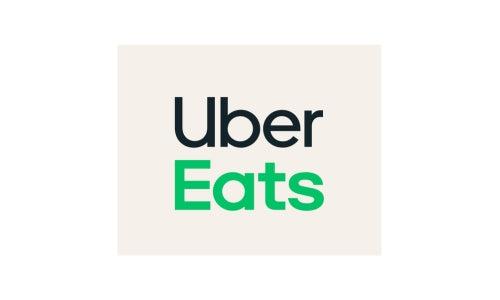
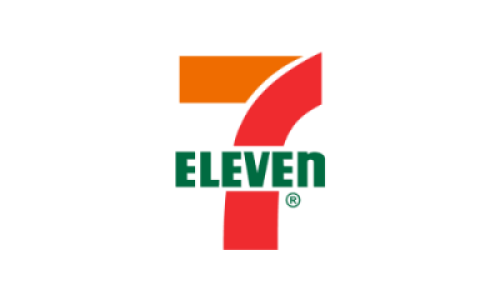

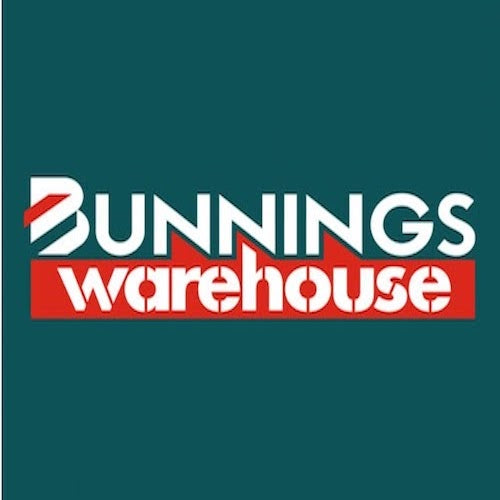
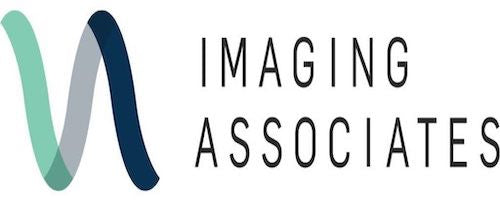
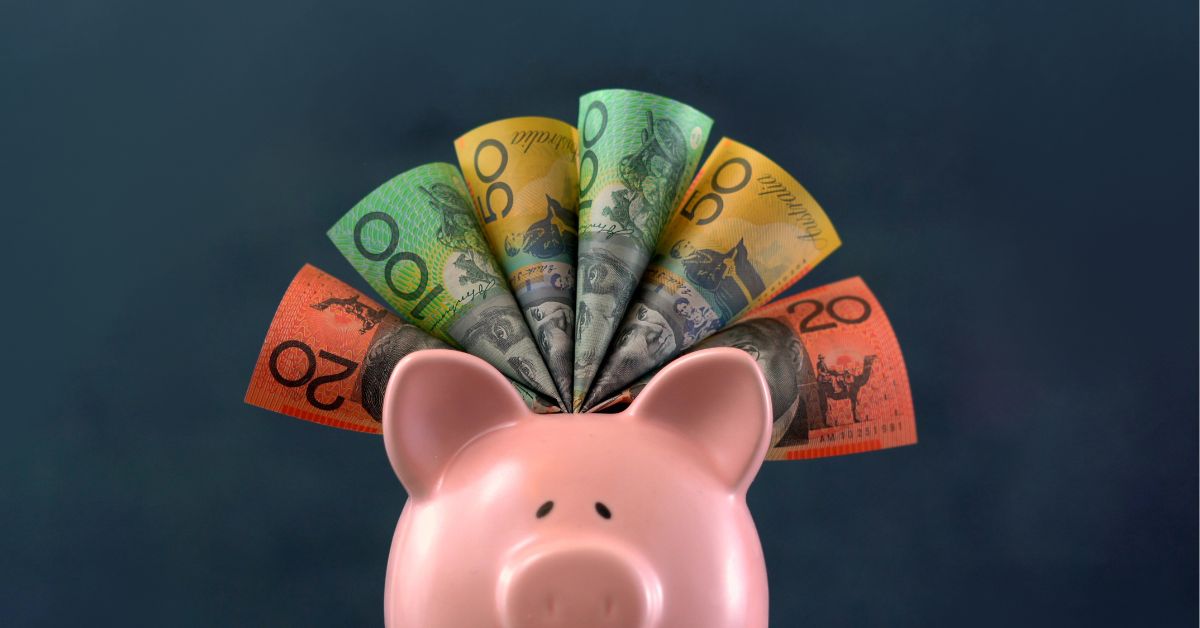
Start Saving Money for Your Business Today
关于我们
欢迎来到 Pakio——这里是可持续发展与卓越的结合。在 Pakio,我们是提供环保包装解决方案的热情先驱,这些解决方案既体现了经济实惠,又不影响顶级品质。我们的承诺不仅限于制作环保包装;它无缝融合了经济实惠、市场领先的质量、快捷的运输和卓越的客户服务。
BRAND PARTNERS
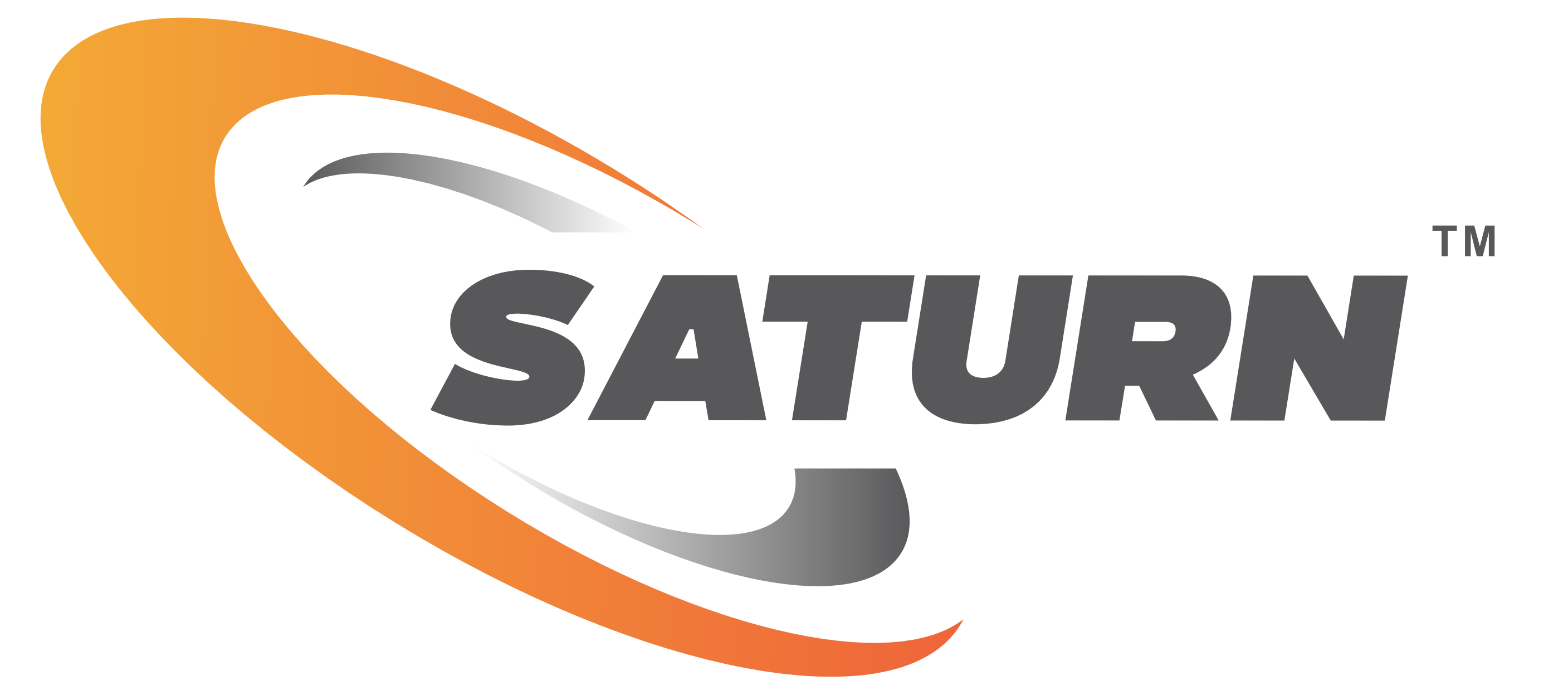
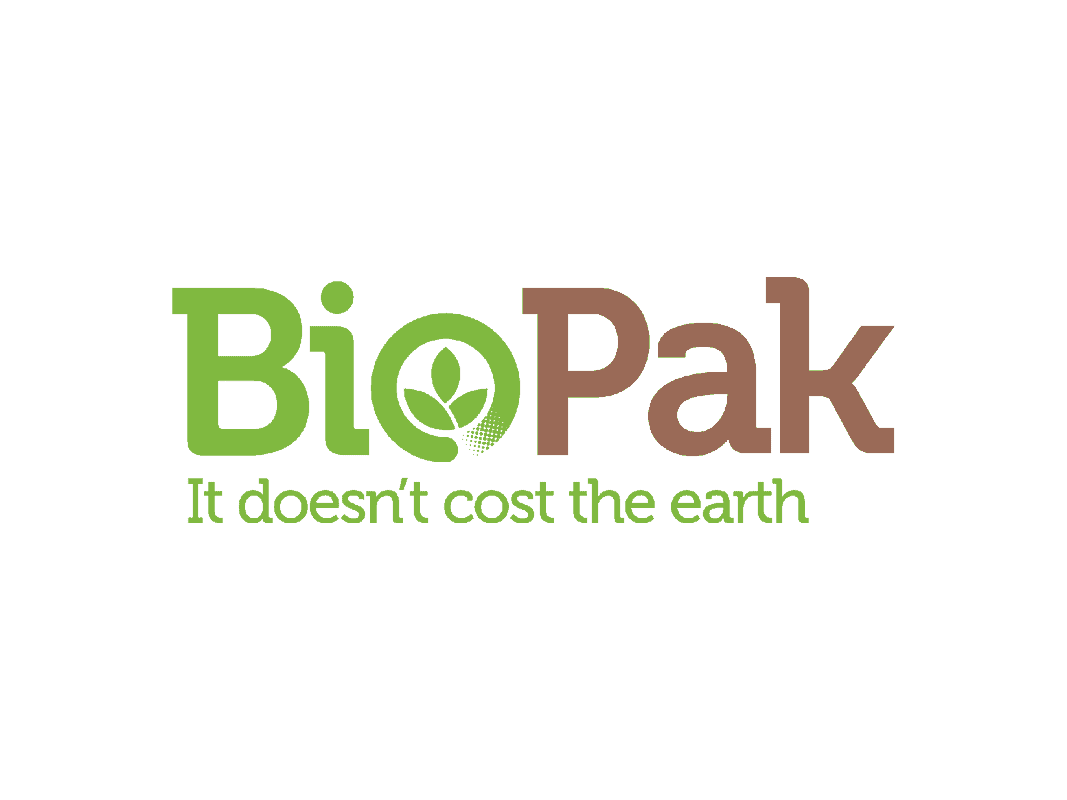

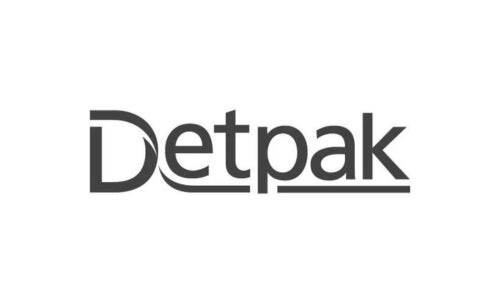

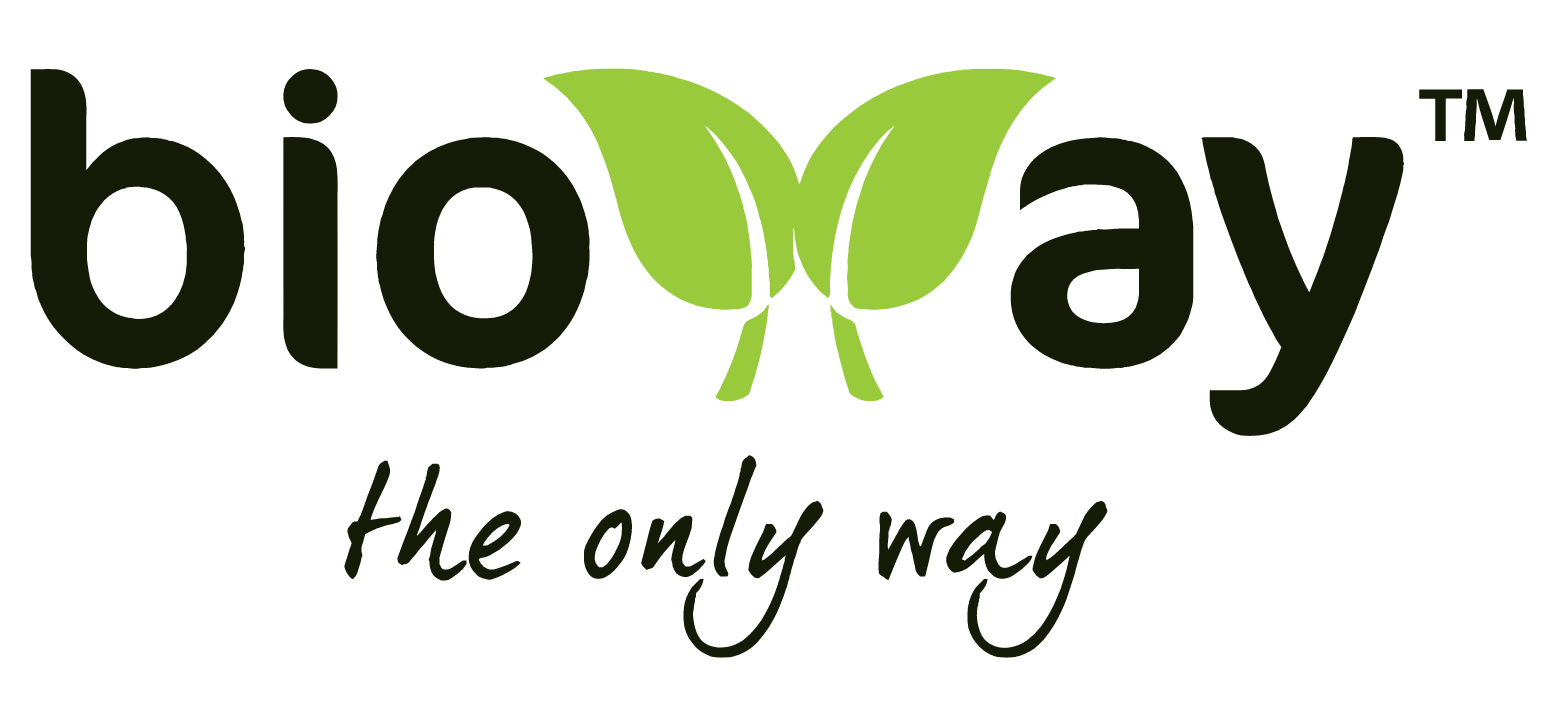
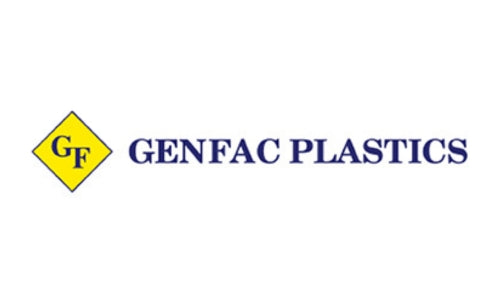
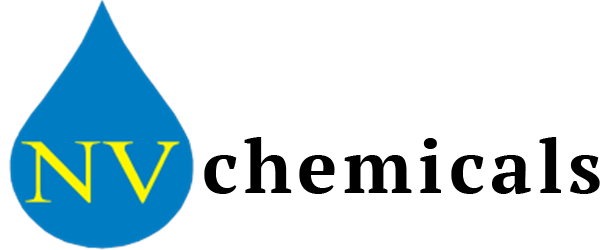
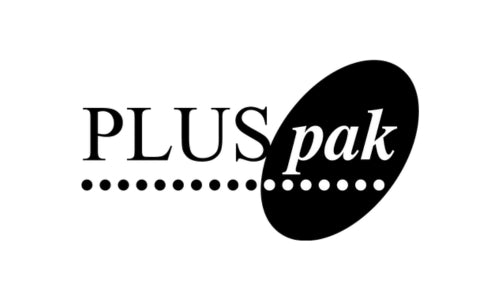
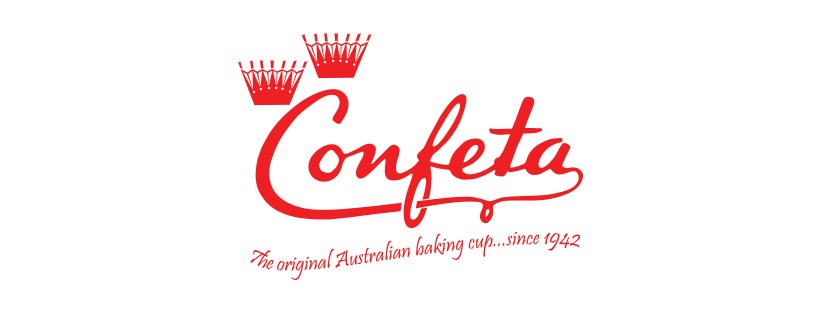
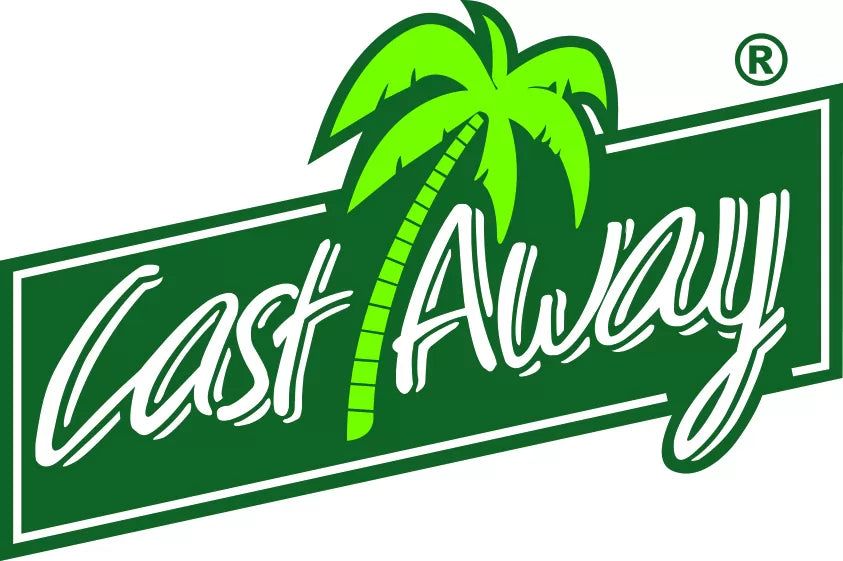
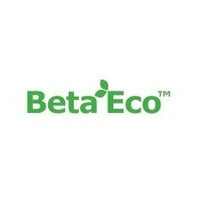
Australia’s Fastest-Growing Packaging Marketplace
3000+ Products — In Stock and Growing
Stocking More than 50 of Australia's Leading Packaging Brands
Pakio delivers one of Australia’s largest ranges of packaging supplies — ready to ship and backed by expert sourcing.
Download our latest catalogue below, or get in touch to have a hard copy mailed to you. contact us
One trusted supplier. Endless packaging solutions.
If we don’t have it — we’ll source it.
Let customers speak for us
Ensuring Sustainability and Compliance
Choosing The Right Packaging Substrates
For Your Business
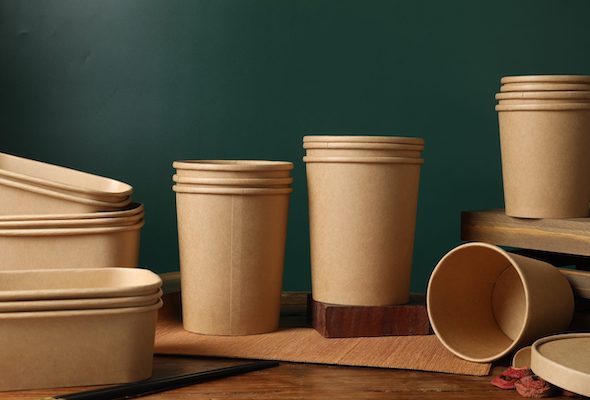
PE Coated
PE (Polyethylene) Coated is a cost-effective solution in the food service industry. The PE coating provides a moisture-resistant barrier, ensuring that the packaging is leak-proof, durable and able to withstand hot or cold beverages. Its cost-effectiveness makes PE-coated packaging a popular choice for businesses looking to balance quality with budget considerations, making it ideal for use in cafes, restaurants and takeaway services.
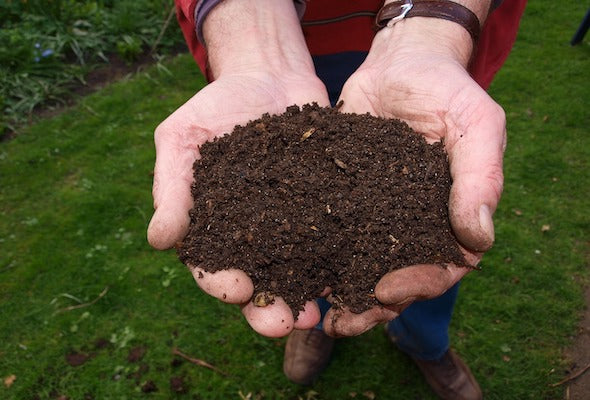
PLA Coated
PLA (Polylactic Acid) Coated is an eco-friendly alternative in the food service industry. PLA is derived from renewable resources such as corn starch or sugarcane, and the coating provides a biodegradable barrier against moisture. This makes PLA-coated packaging a sustainable choice for businesses looking to reduce their environmental impact while maintaining the functionality and quality of their food packaging.
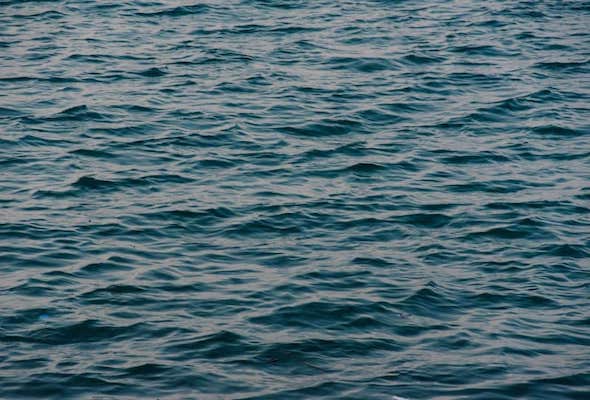
Aqueous Coated
Aqueous-coated offers a water-based coating solution for coffee cups. The aqueous coating provides a protective layer that enhances moisture resistance and durability while maintaining a more environmentally friendly profile compared to some other coatings. This coating is designed to be less harmful to the environment, as it uses water as the primary solvent, reducing the reliance on chemical solvents.
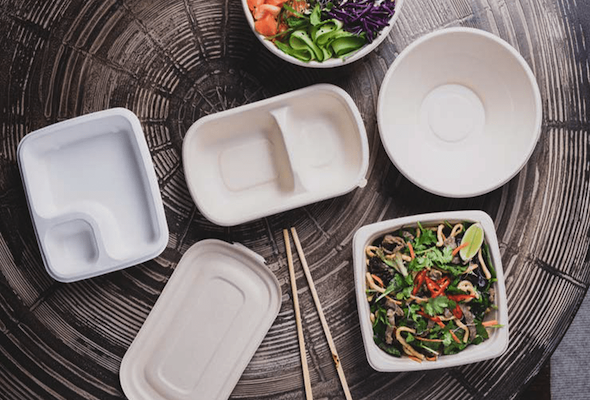
Sugarcane Bagasse
Sugarcane bagasse food packaging is an eco-friendly option made from the fibrous residue left after extracting juice from sugarcane. This renewable resource is processed into sturdy, compostable packaging products, including coffee cups. The use of bagasse for food packaging provides a sustainable alternative to traditional materials, offering both functionality and environmental benefits.
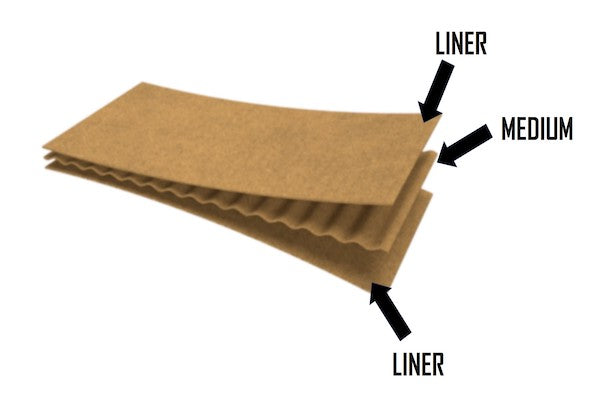
Corrugated Cardboard
Corrugated cardboard is a robust and versatile packaging material widely used in the food industry. Comprising three layers—a fluted inner layer between two outer liners—this structure provides excellent strength, durability, and cushioning. Popular products such as pizza boxes, burger boxes, and snack boxes are commonly made from corrugated cardboard due to its ability to protect and preserve food during transportation and storage.
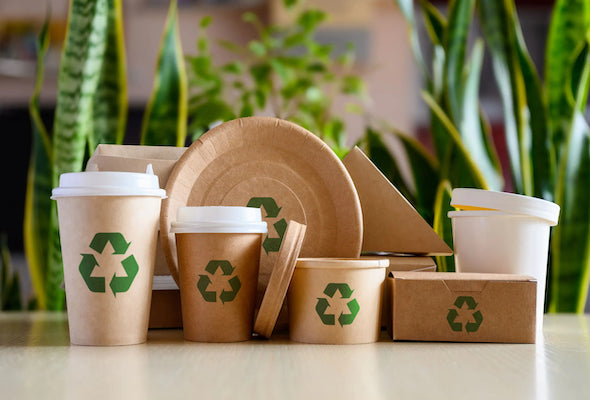
Paper Cardboard
Paper cardboard is a widely used material in food packaging, celebrated for its lightweight, durable, and cost-effective qualities. Made from a single layer of thick paper or paper pulp, it provides a sturdy option for packaging various food items. Its smooth surface allows for high-quality printing, making it ideal for branding and presentation. Popular products such as snack boxes, cake boxes, and takeaway containers are commonly made from paper cardboard due to its functionality and adaptability.
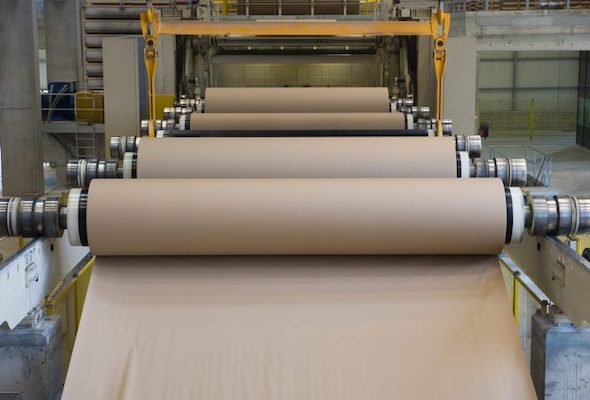
Fibre Paper
Fibre Paper is ideal for food packaging due to its strength, durability, and eco-friendly properties. Made from natural plant fibres, it provides reliable protection while being biodegradable and recyclable. Its versatility makes it suitable for various applications, from bags and wraps to trays, offering a sustainable alternative to synthetic materials.
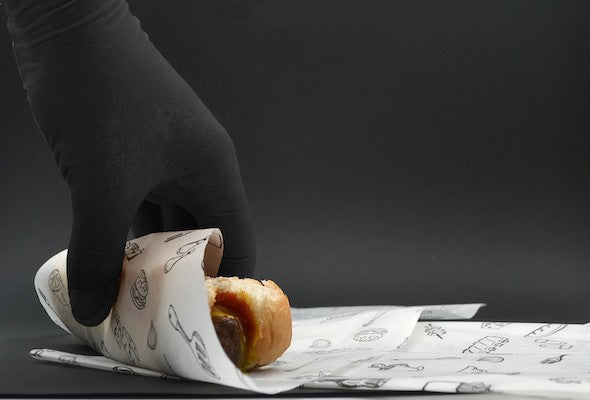
Grease-proof Paper
Grease-proof paper is a specialised type of Fibre Paper designed to resist the penetration of oils and fats, making it ideal for food packaging applications where grease and moisture protection is essential. This type of paper is treated or coated to provide a barrier against grease, ensuring that food remains fresh and the packaging stays intact.
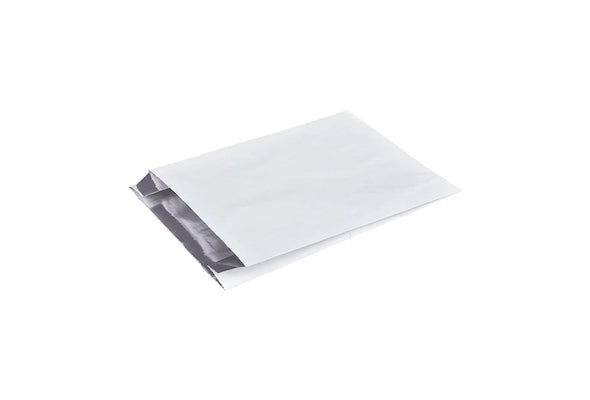
Foil-lined Paper
Foil-lined paper combines the durability of paper with the protective qualities of aluminum foil, creating a versatile packaging solution for the food industry. The foil layer offers an effective barrier against moisture, light, and oxygen, while the paper provides structural support and a printable surface. This combination ensures that food items remain fresh and protected, while also allowing for high-quality branding and presentation.
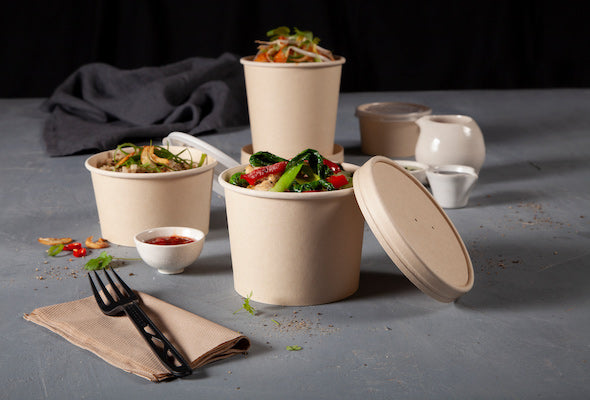
Bamboo Paper
Bamboo paper is a sustainable and eco-friendly alternative to traditional paper products, crafted from the fibres of bamboo plants. Bamboo grows quickly and requires minimal resources, making it a renewable and environmentally responsible choice for paper production. This type of paper combines the natural strength and durability of bamboo with the versatility of paper, providing a high-quality and sustainable solution for various applications.
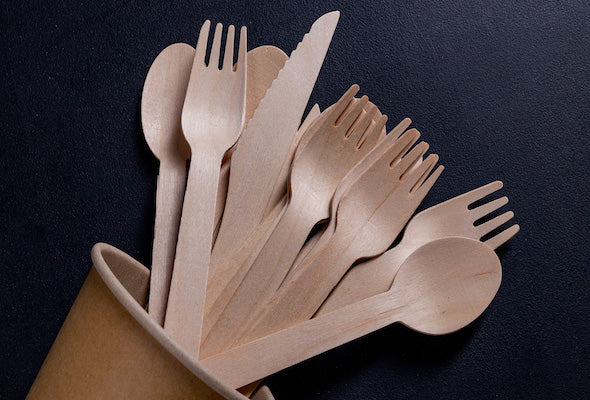
Wood
Wood food packaging is a natural and environmentally friendly option that provides durability and a premium aesthetic. Often used in specialty and high-end food packaging, wood offers a unique look and feel while being strong enough to protect and present various food items. Wood packaging can be sourced from sustainably managed forests, adding an eco-conscious element to its use.
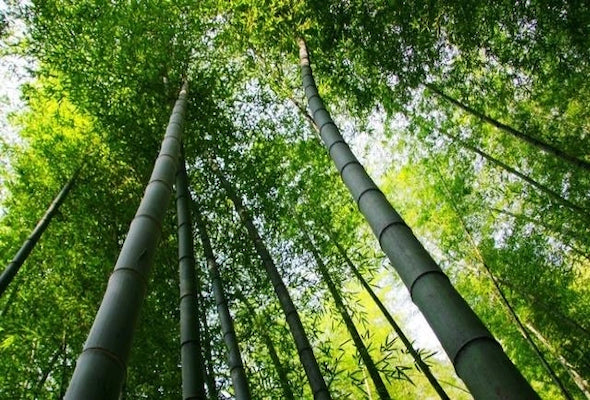
Bamboo Stalks
Bamboo stalks are a versatile and sustainable resource widely utilized in the hospitality industry. Their natural strength and rapid growth make them an excellent choice for creating eco-friendly products that enhance both functionality and aesthetics. Bamboo stalks are particularly valued for their application in producing essential hospitality items such as chopsticks, cutlery, and skewers.
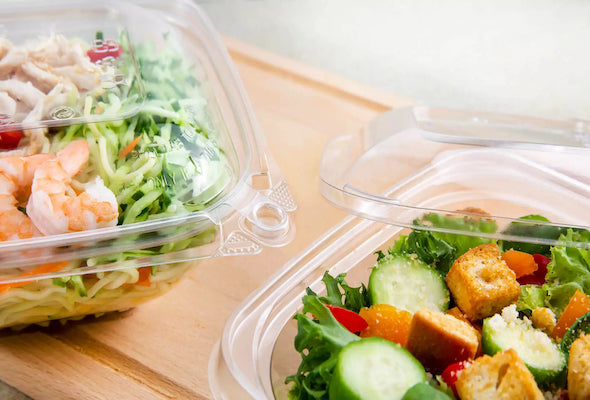
PET
PET (Polyethylene Terephthalate) is a widely used plastic material in food packaging, known for its clarity, strength, and resistance to impact and moisture. PET is often chosen for its ability to preserve the freshness of food while providing excellent visibility and presentation. Additionally, PET is a recyclable plastic, which means it can be collected, processed, and repurposed into new products, contributing to more sustainable packaging practices.
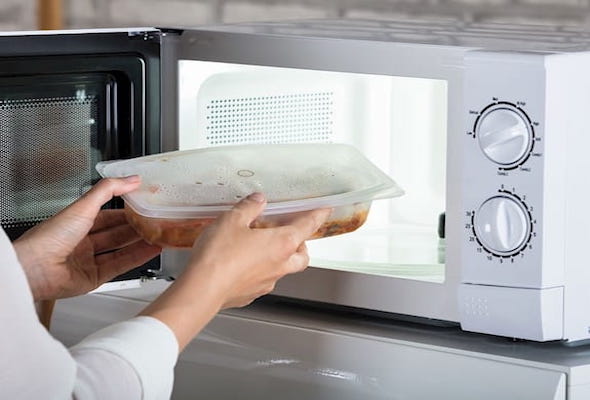
PP
PP (Polypropylene) is a widely used plastic material in food packaging, known for its versatility, durability, and resistance to heat and moisture. It is a popular choice for packaging a variety of food items due to its strength, clarity, and chemical resistance. PP is also appreciated for its ability to maintain the quality and safety of food products.
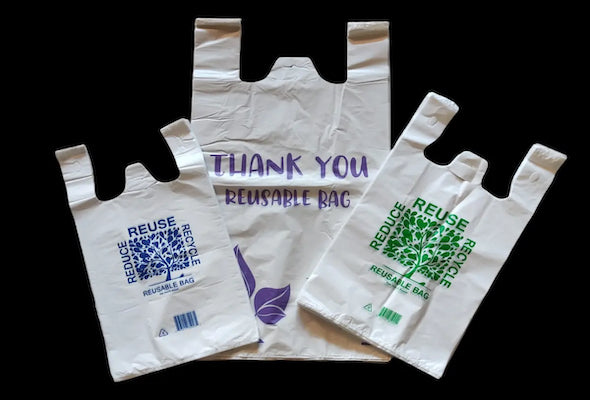
PE
Polyethylene (PE) is a versatile and widely used material in food packaging. It provides excellent moisture and barrier protection, helping to keep food fresh and extend its shelf life. PE's flexibility allows it to be used in various forms such as bags, films, and containers, while its durability withstands handling and transportation. Additionally, PE is cost-effective and recyclable, making it a sustainable choice for a broad range of food packaging applications.
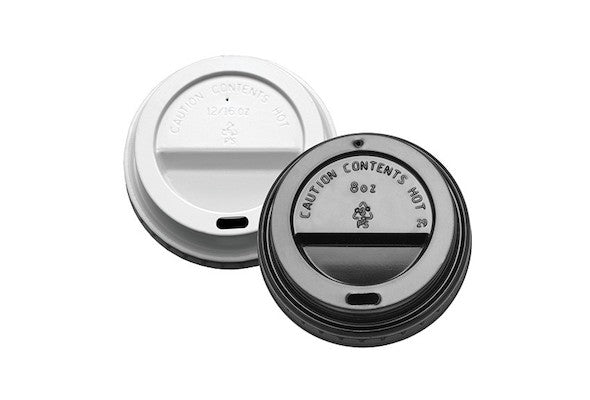
PS

